Vedolizumab for the treatment of chronic pouchitis
Travis S, Silverberg MS, Danese S, et al., EARNEST Study Group
N Engl J Med 2023;388:1191–1200. doi:10.1056/NEJMoa2208450.
|

Mohammed T. Sharip
© Mohammed T. Sharip
|
Introduction
Proctocolectomy is a curative treatment for medically refractory Ulcerative Colitis (UC). However, a significant number of patients prefer to have continuity of their bowel and undergo a restorative ileal pouch–anal anastomosis (IPAA), after having had an initial subtotal colectomy. Unfortunately, pouchitis is a most common complication in patients with an IPAA: 81% of patients experience pouchitis in their lifetime, with 40% experiencing it in their first year of pouch formation [1]. Multiple factors associated with pouchitis include mutations in NOD2/CARD15, genetic polymorphisms of interleukin-1 receptor antagonists [2–4], tumour necrosis factor allele 2 and toll-like receptor 1 [5].
The cause of pouchitis is multifactorial, including abnormal immune reaction to newly formed IPAA, change in the vascularity and anatomy of the bowel, faecal stasis and many other postulated factors. Single-cell analysis of CD45+ haematopoietic cells in the colon and pouch of UC patients has also highlighted genetic pathways that might contribute to the inflammation and disease severity seen in this condition [6]. However, the aetiology of pouchitis remains poorly understood and this may explain why treatment of this condition has emerged as an important area of unmet research need in the field of IBD. The treatment currently ranges from probiotics, antibiotics, steroids and immunomodulators through to use of biologics. Unfortunately, 50% of patients develop recurrent pouchitis, and up to 20% develop chronic pouchitis. Typically, cases of medically refractory pouchitis have been treated with anti-tumour necrosis factor (anti-TNF), vedolizumab and ustekinumab, but the evidence base for this approach has been very limited, typically comprising only case series and retrospective studies. Until recently, there had been no double-blind, randomised placebo-controlled trial supporting use of any therapeutic in pouchitis. Therefore, there has been significant interest in the study by Travis et al., reporting the first placebo-controlled trial for treatment of pouchitis, with use of vedolizumab. The findings from this trial help to provide evidence supporting the use of gut-selective vedolizumab for patients living with an IPAA.



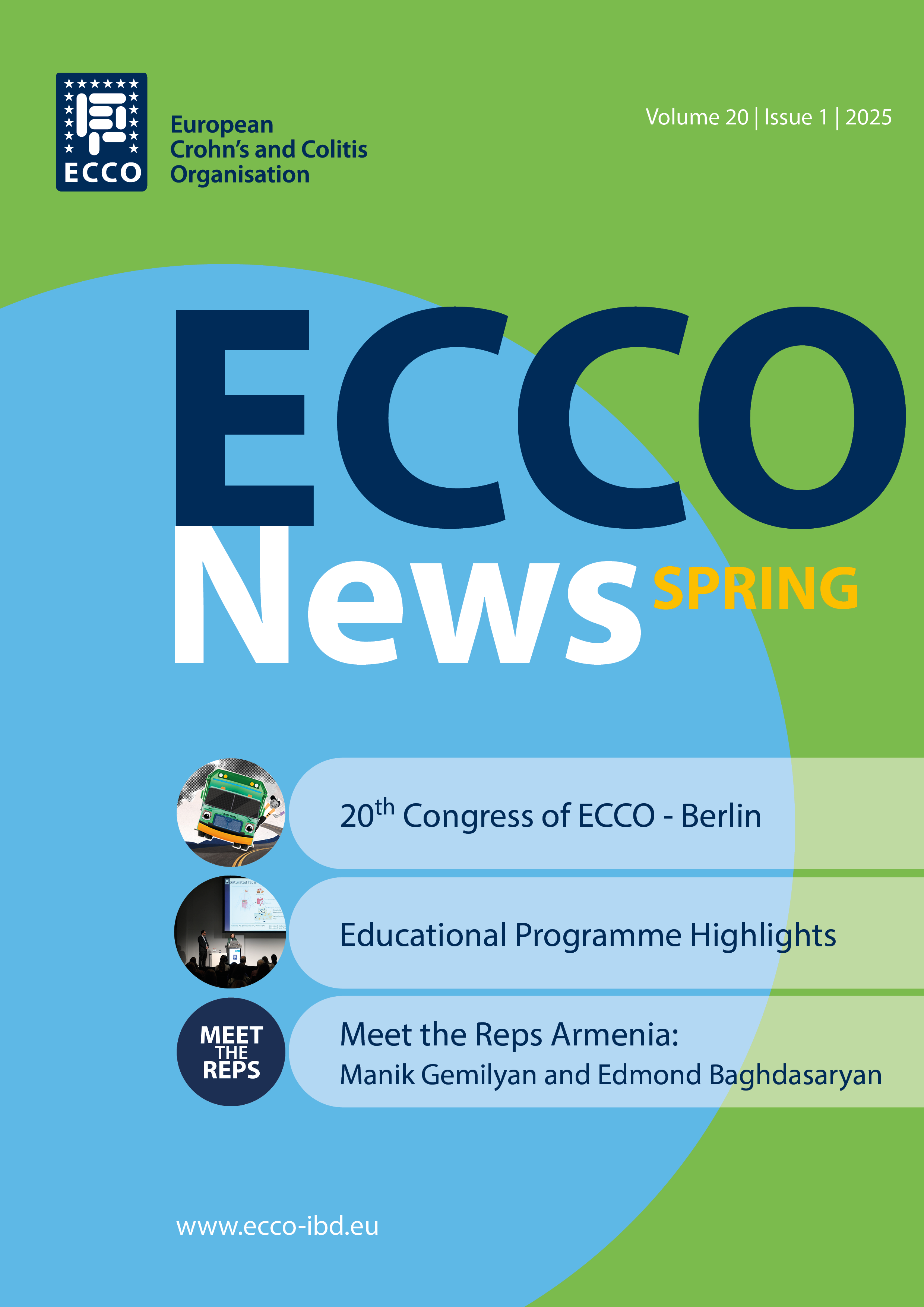
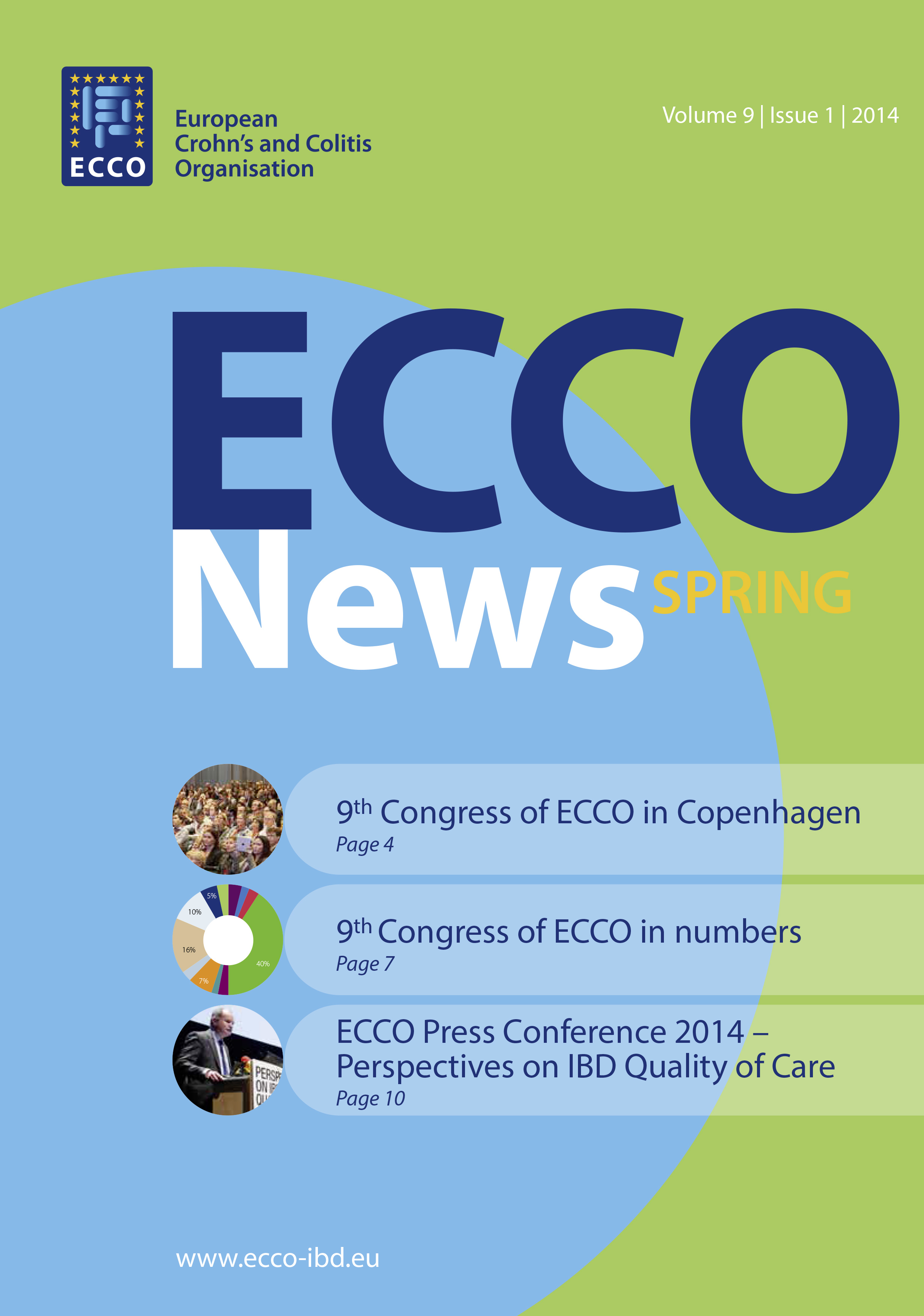
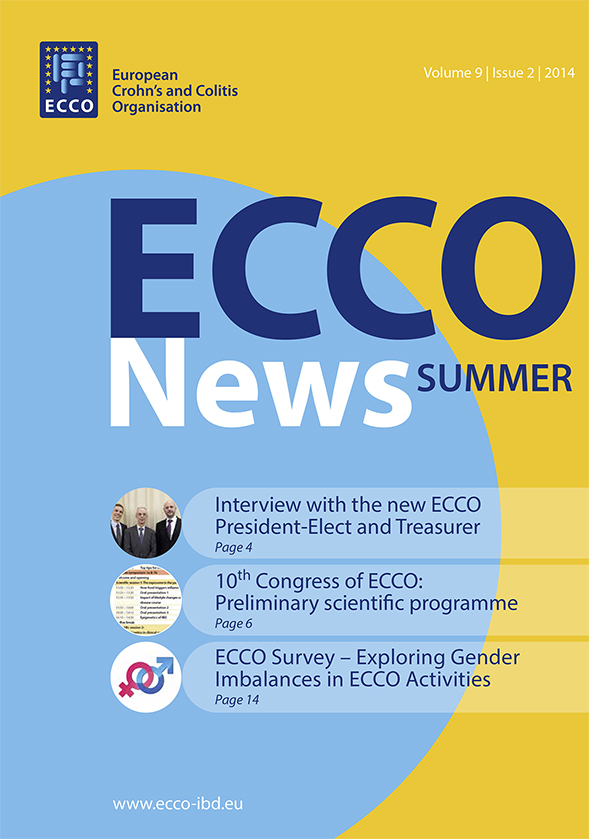
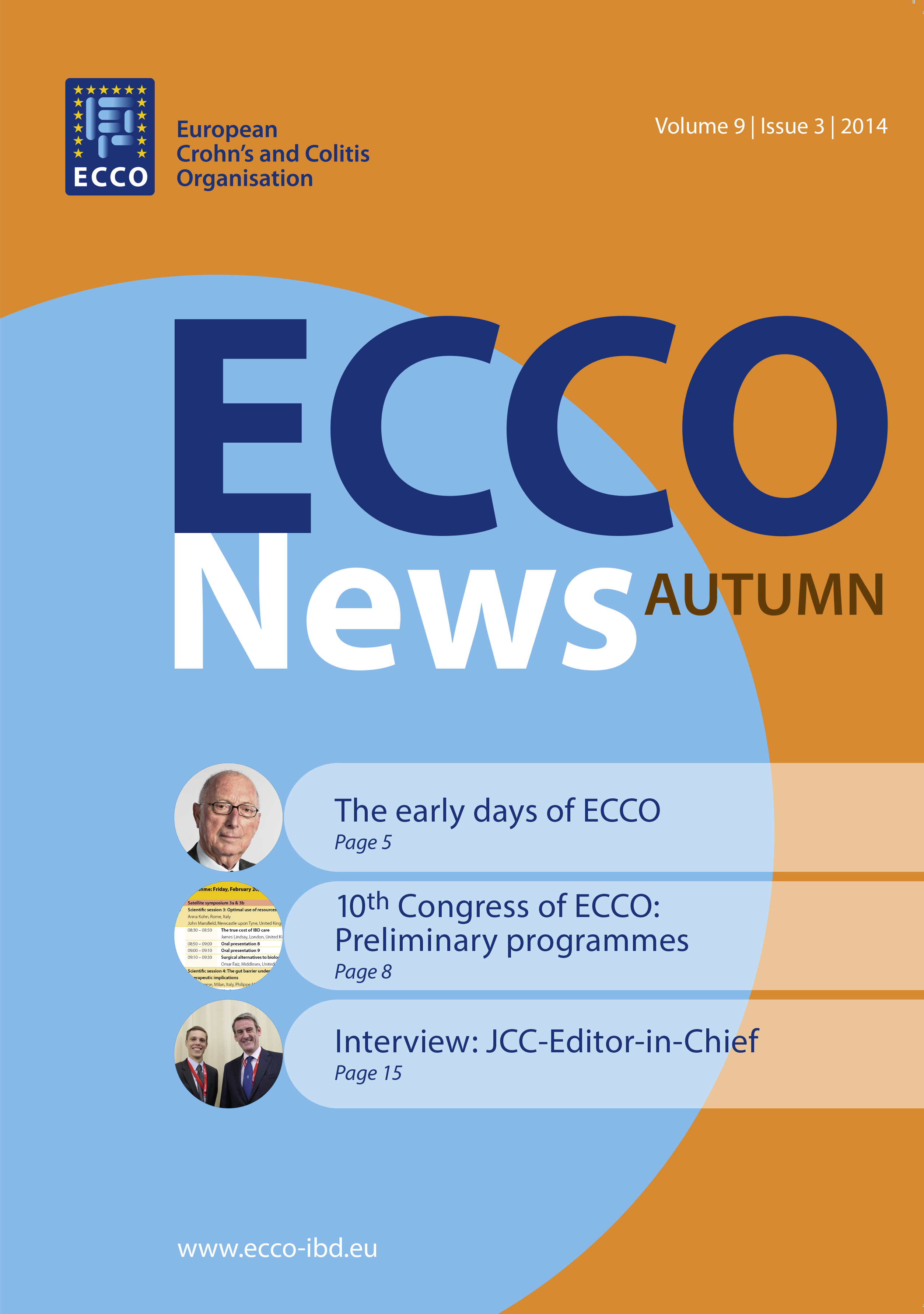
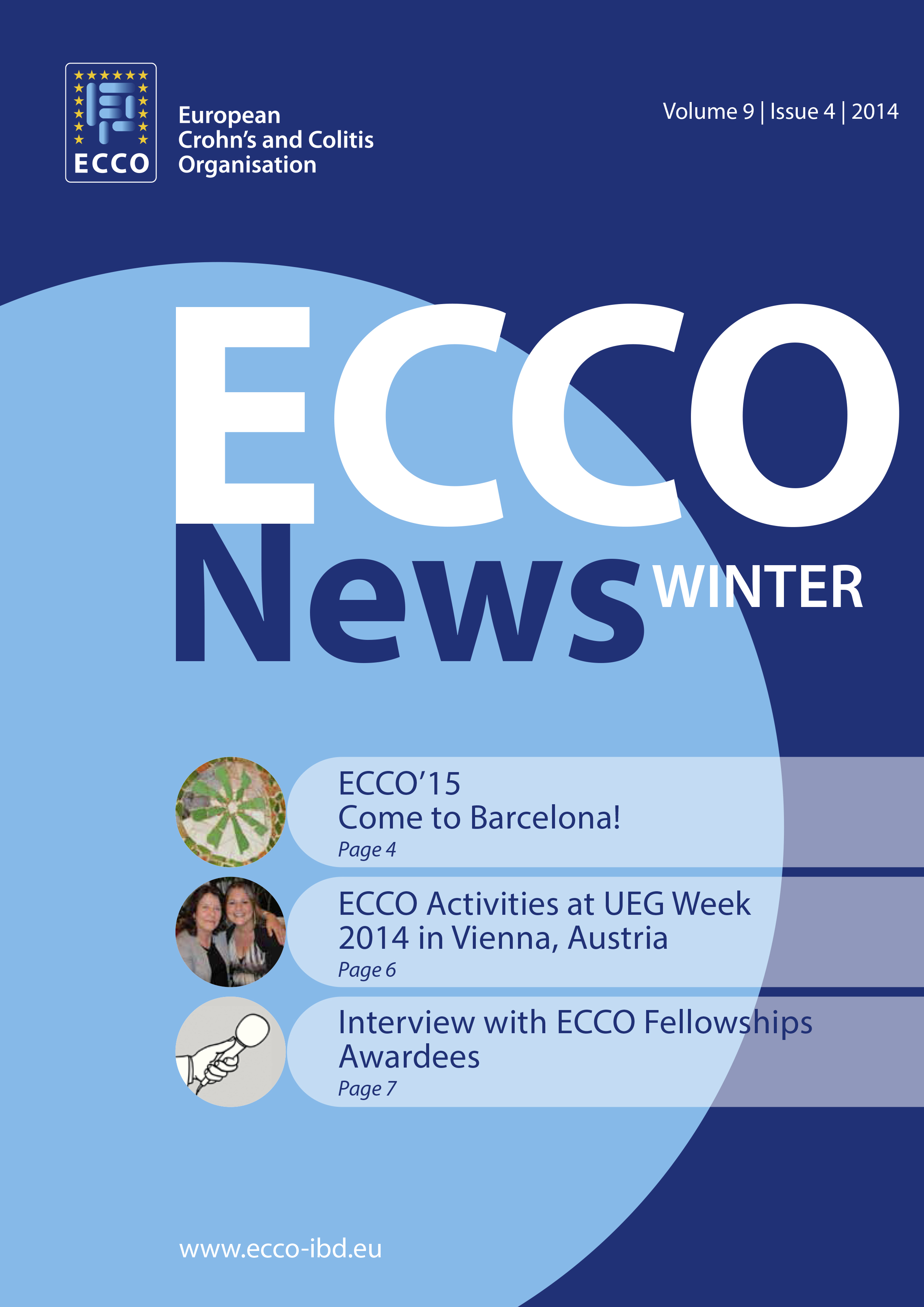
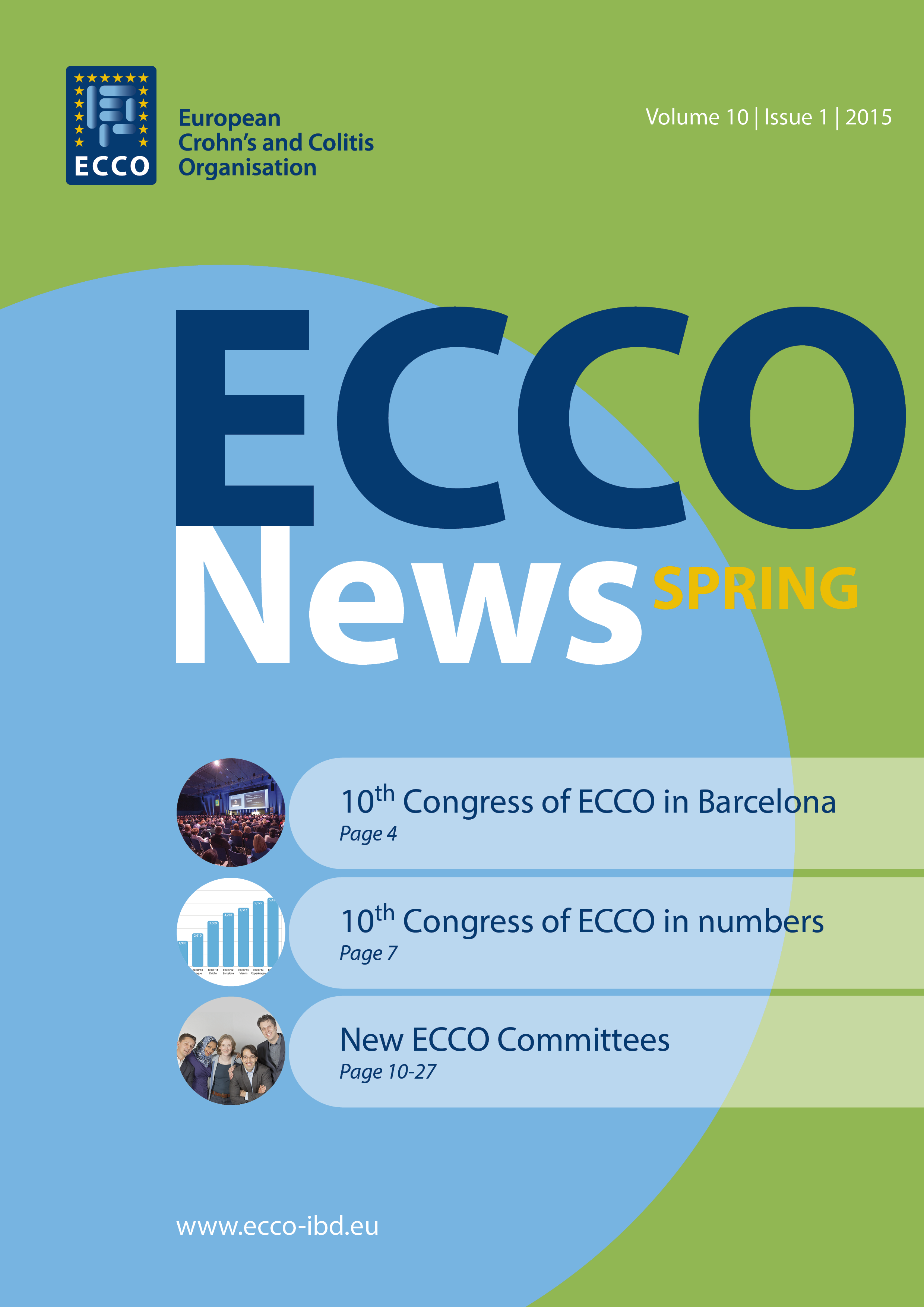
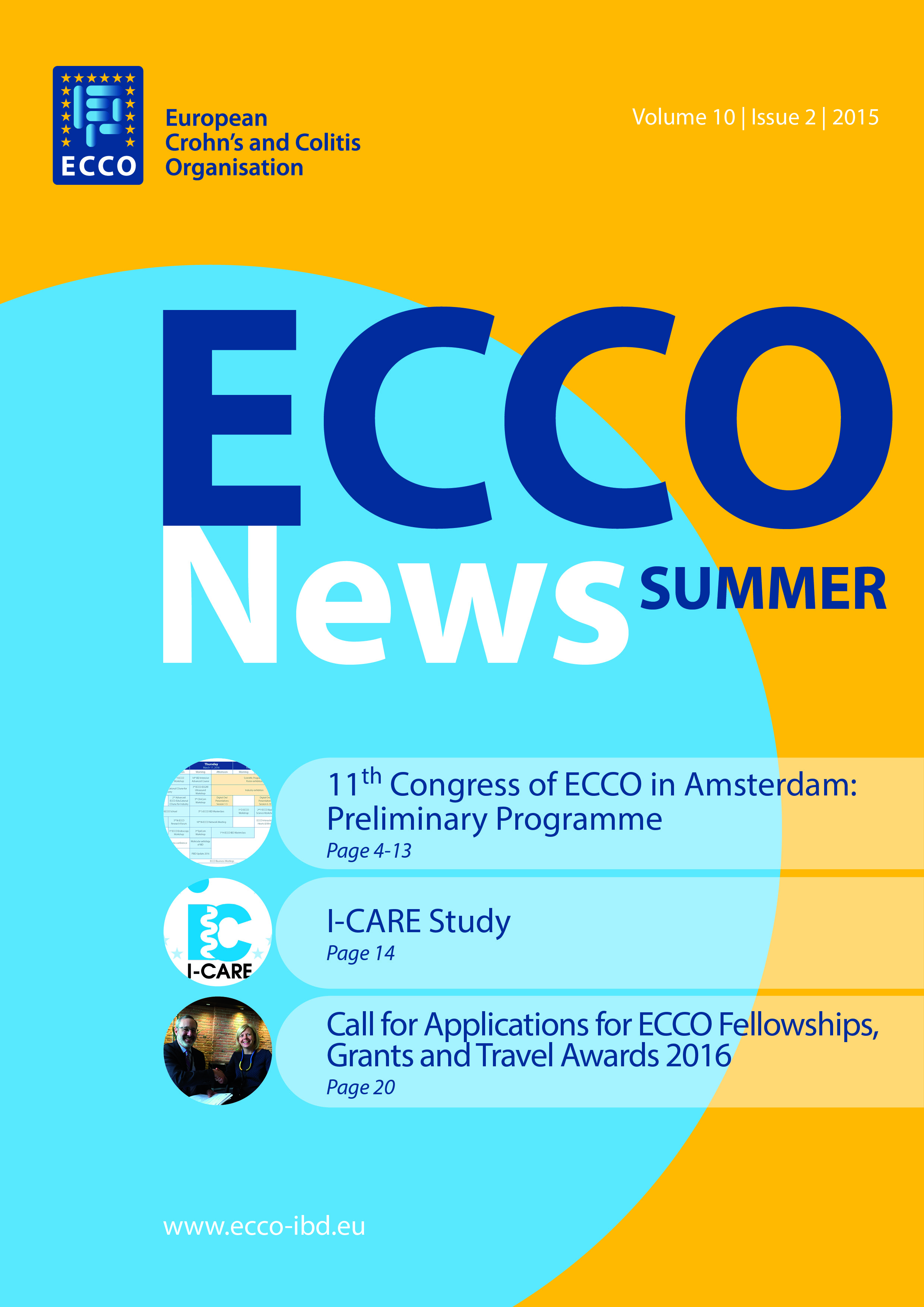
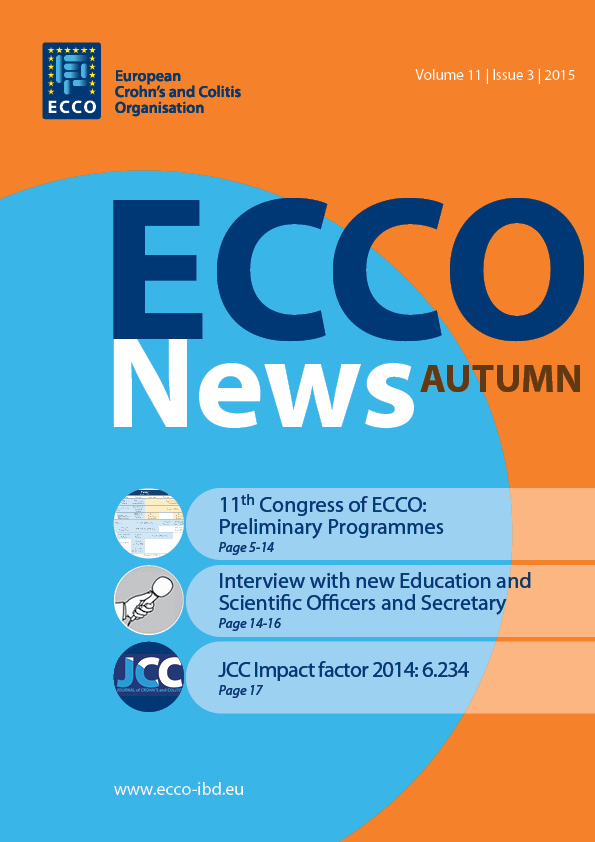
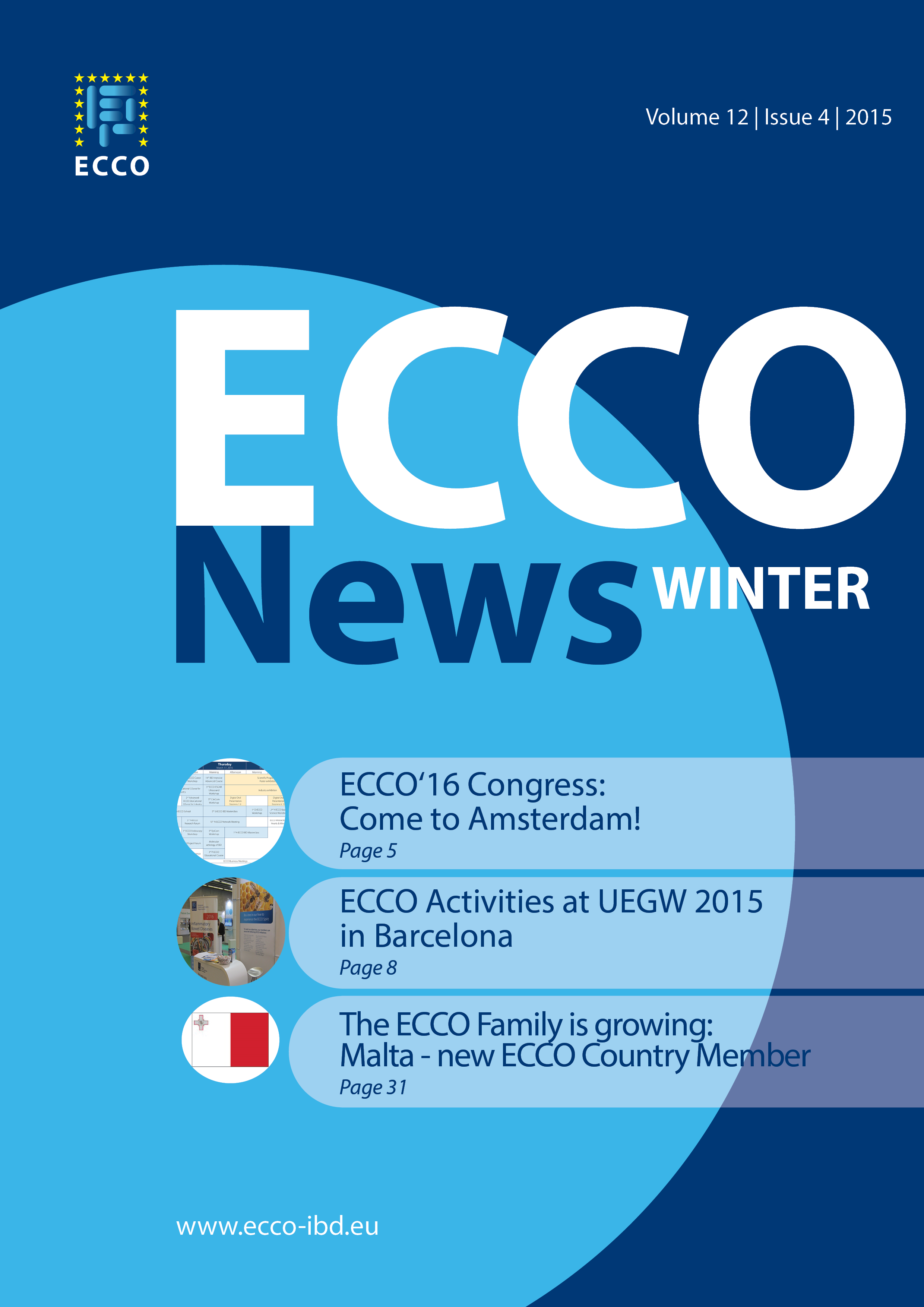
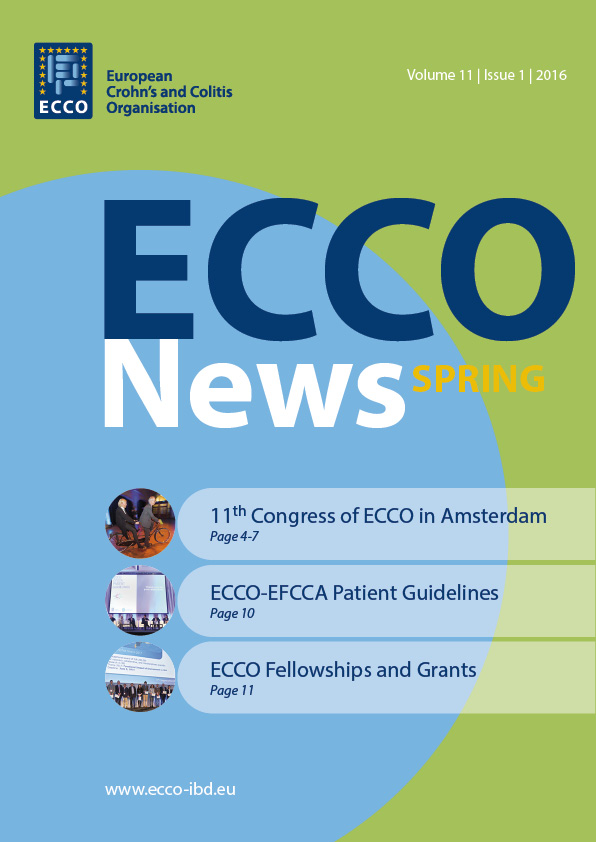
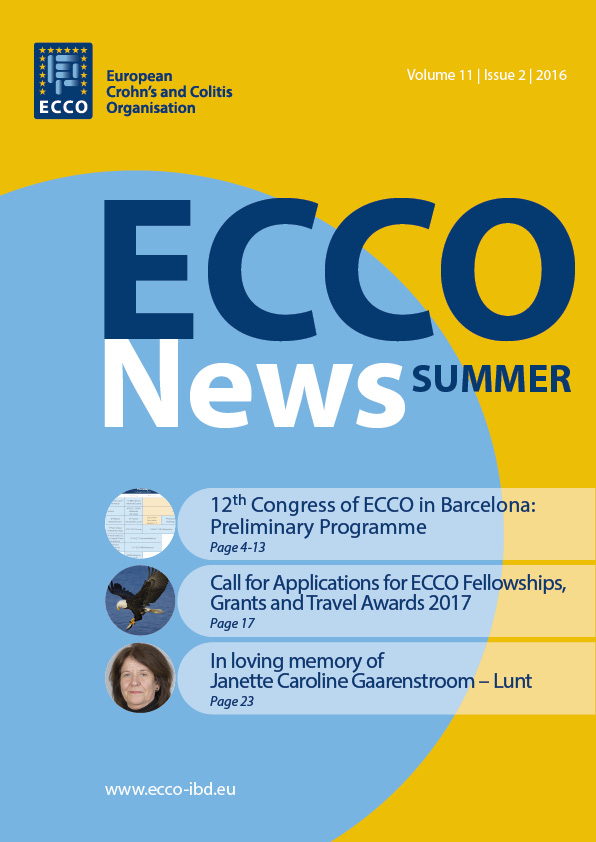
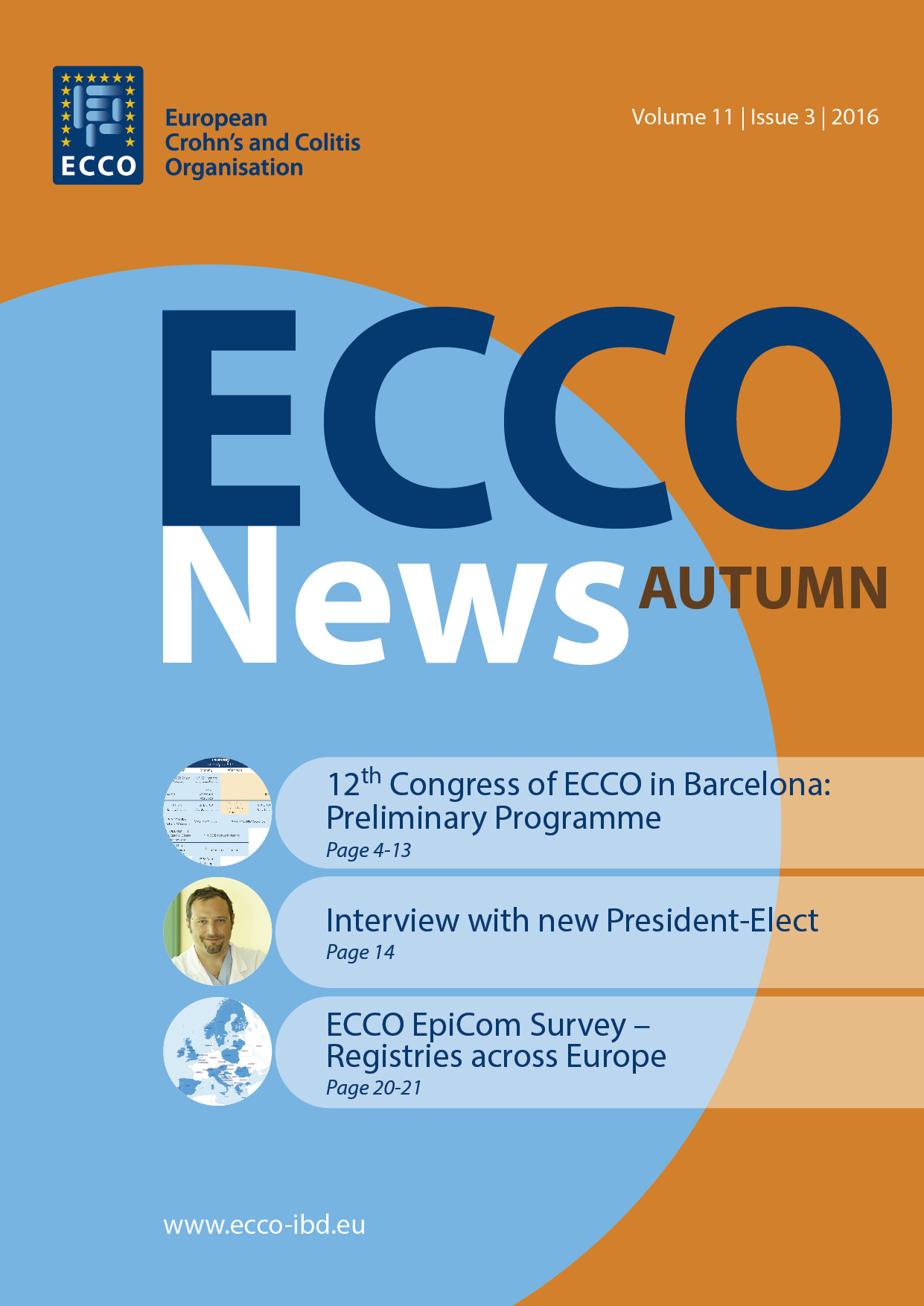
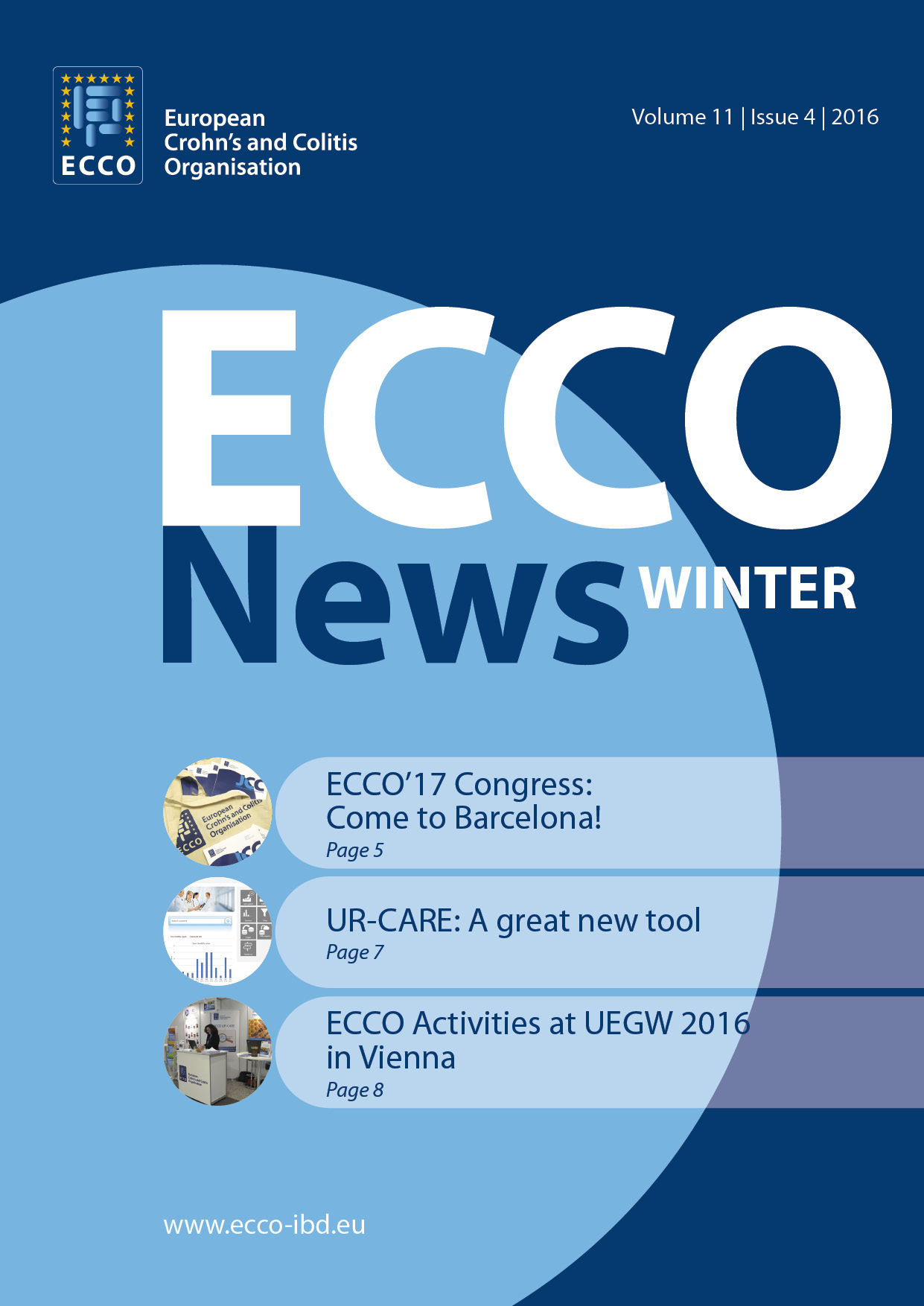
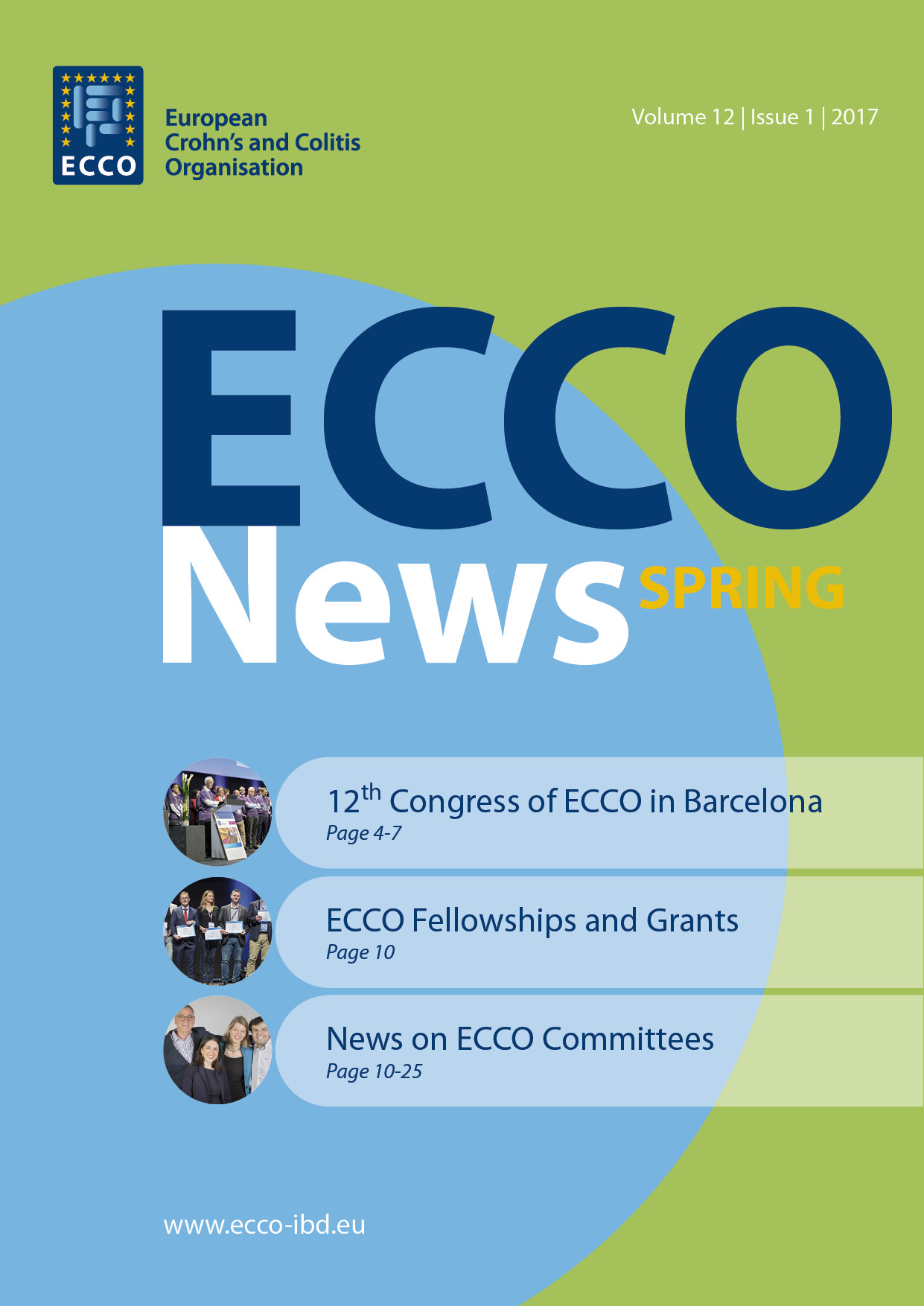

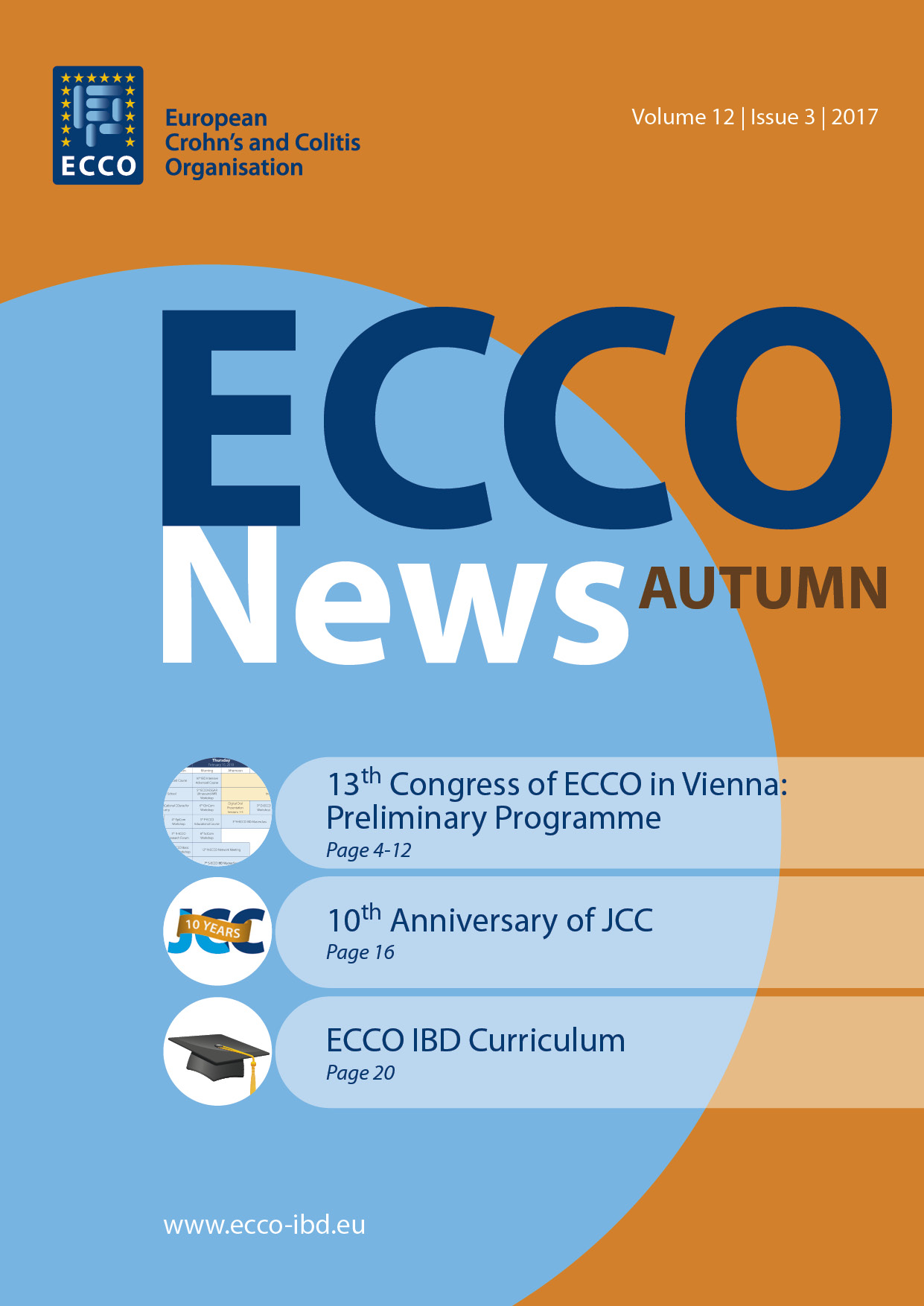
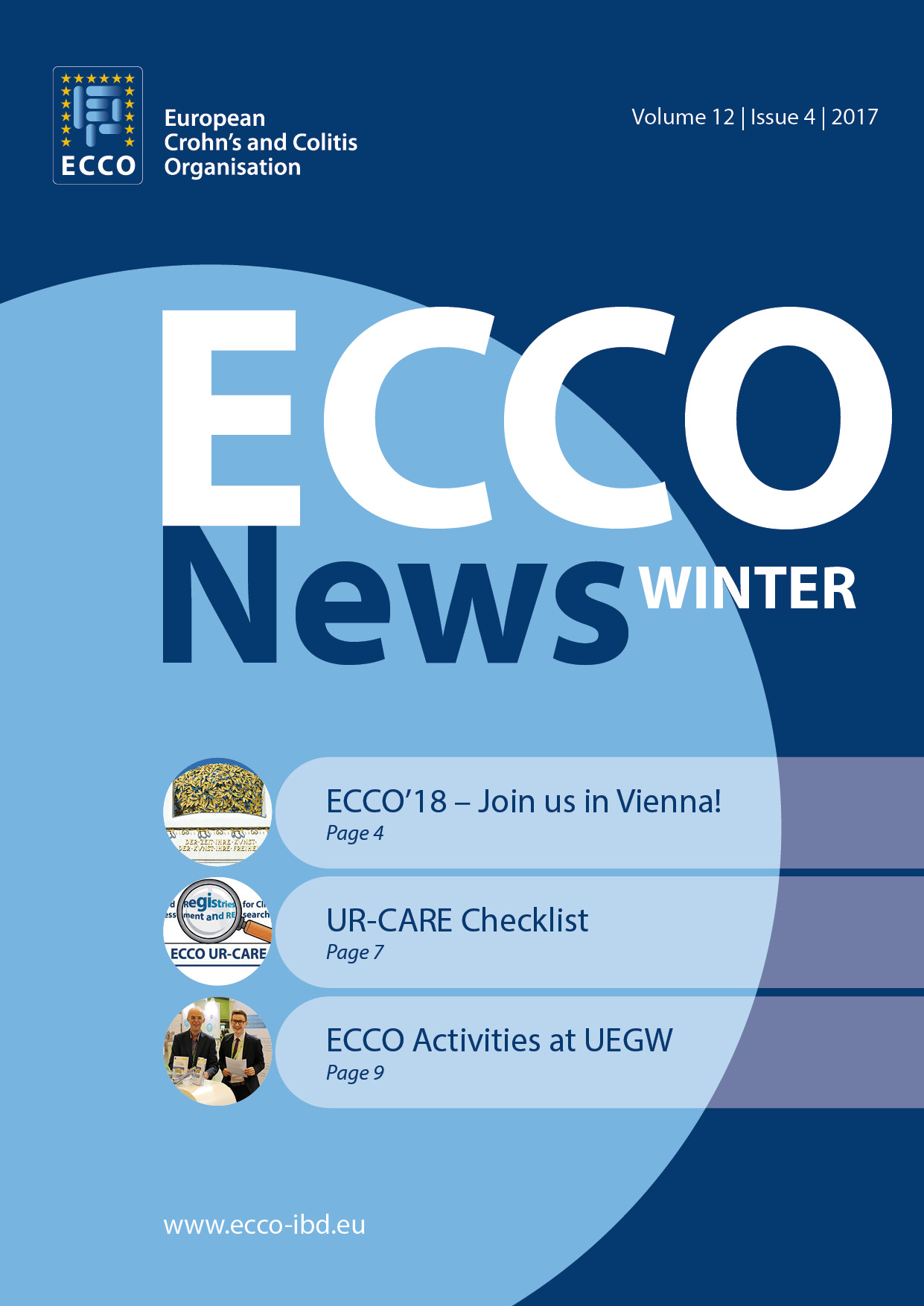
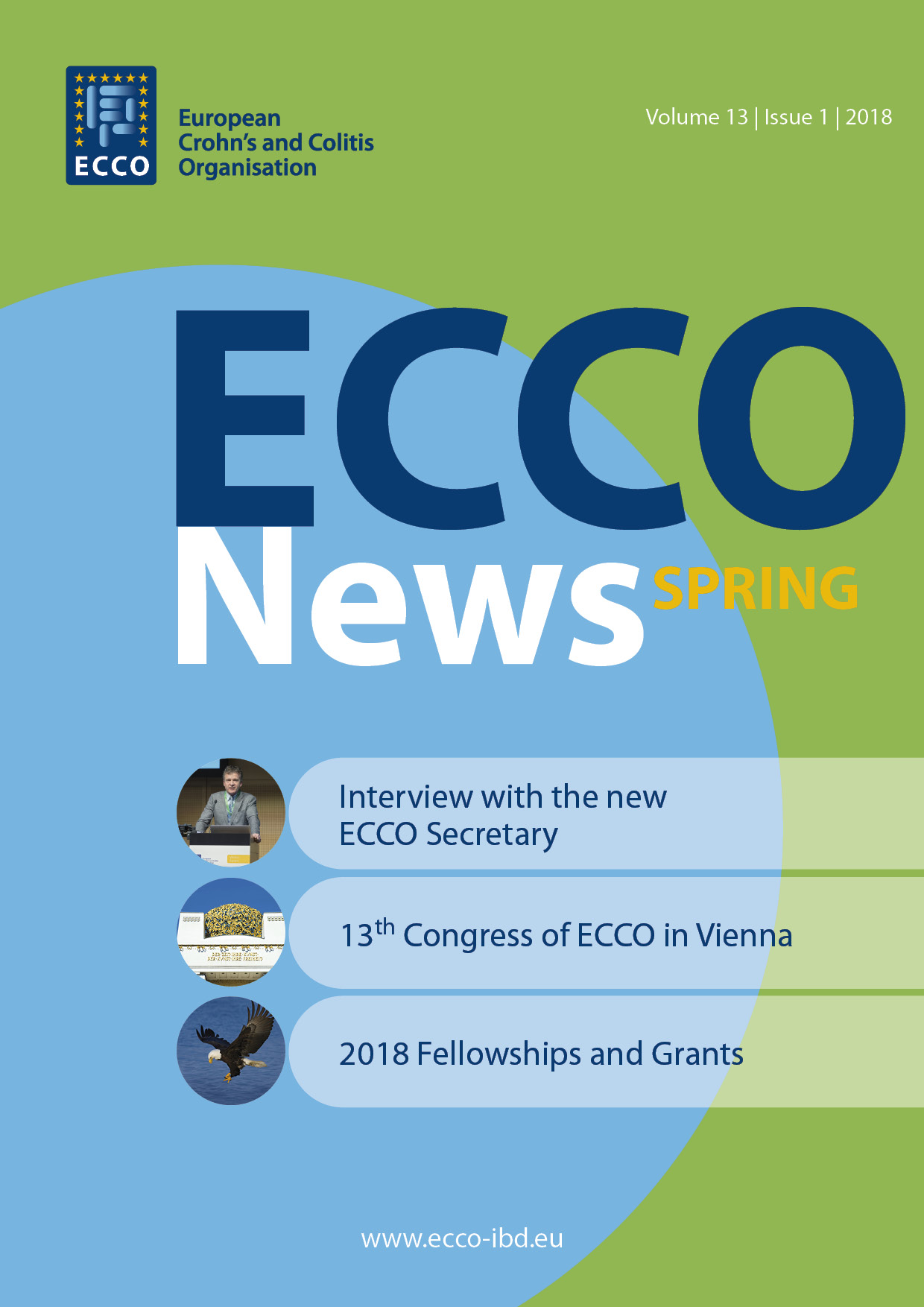
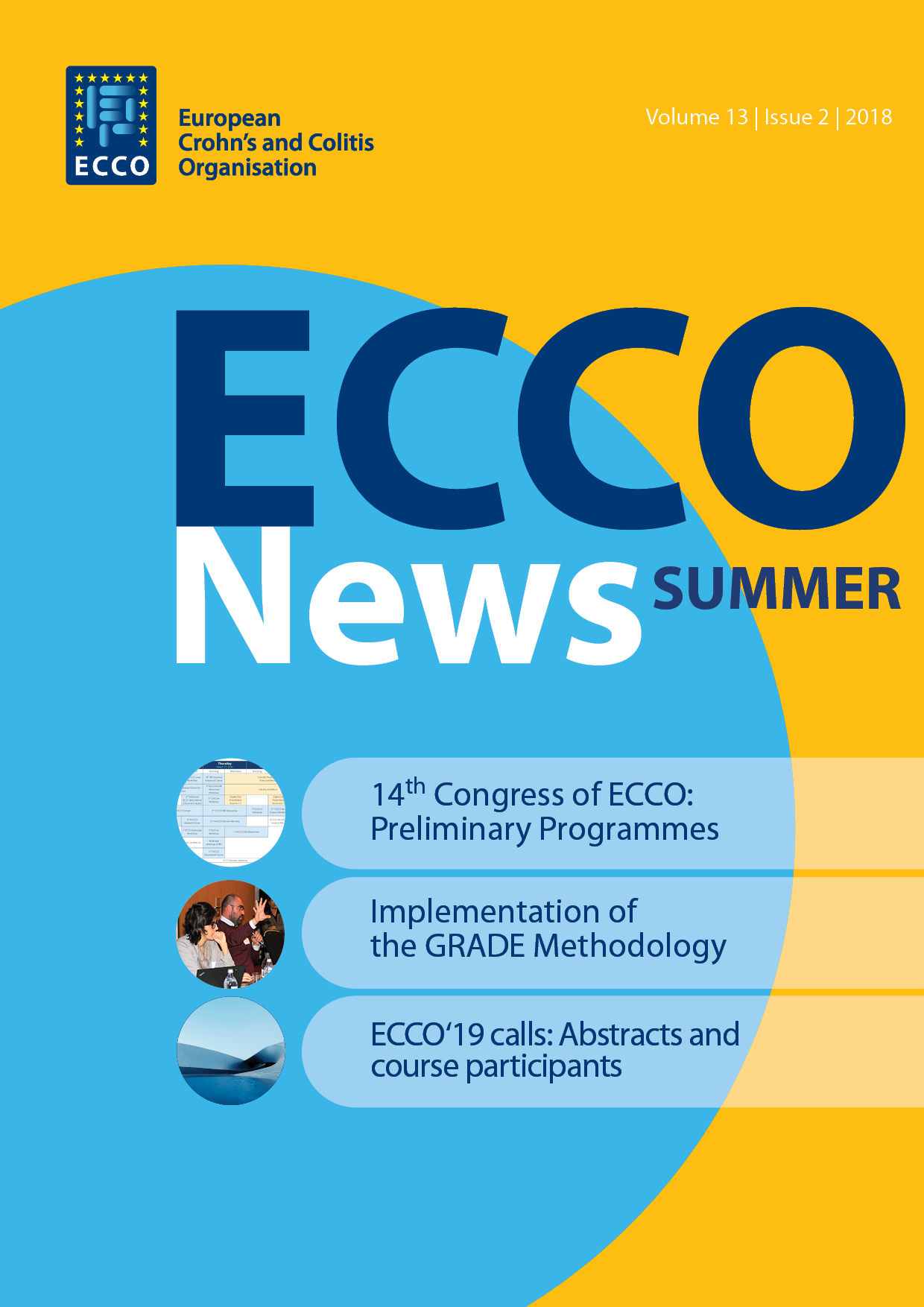
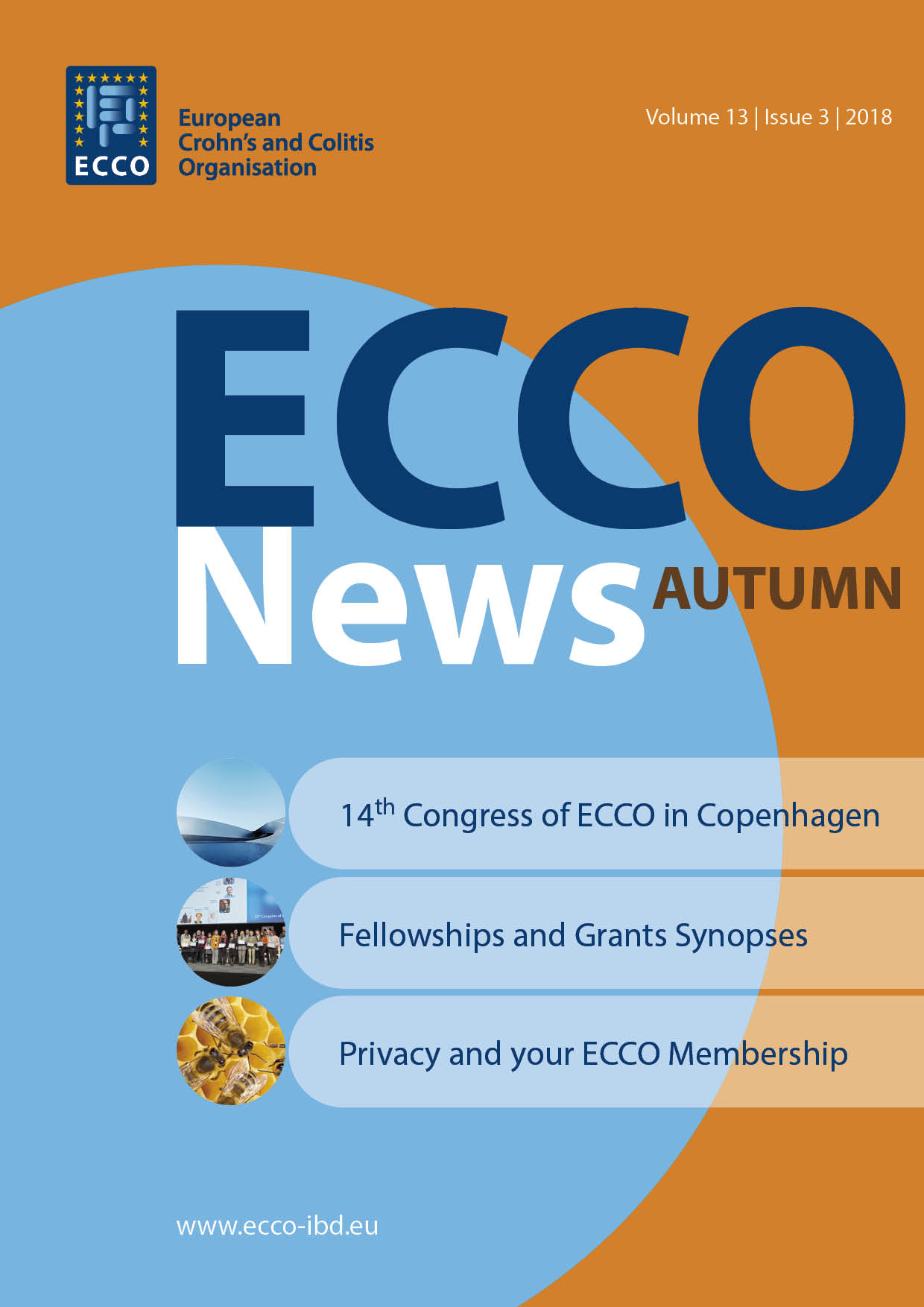
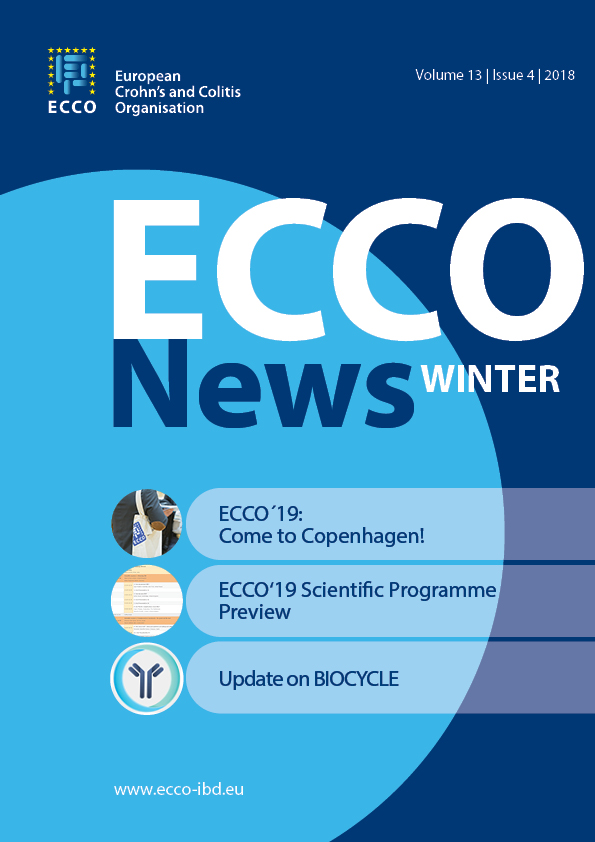
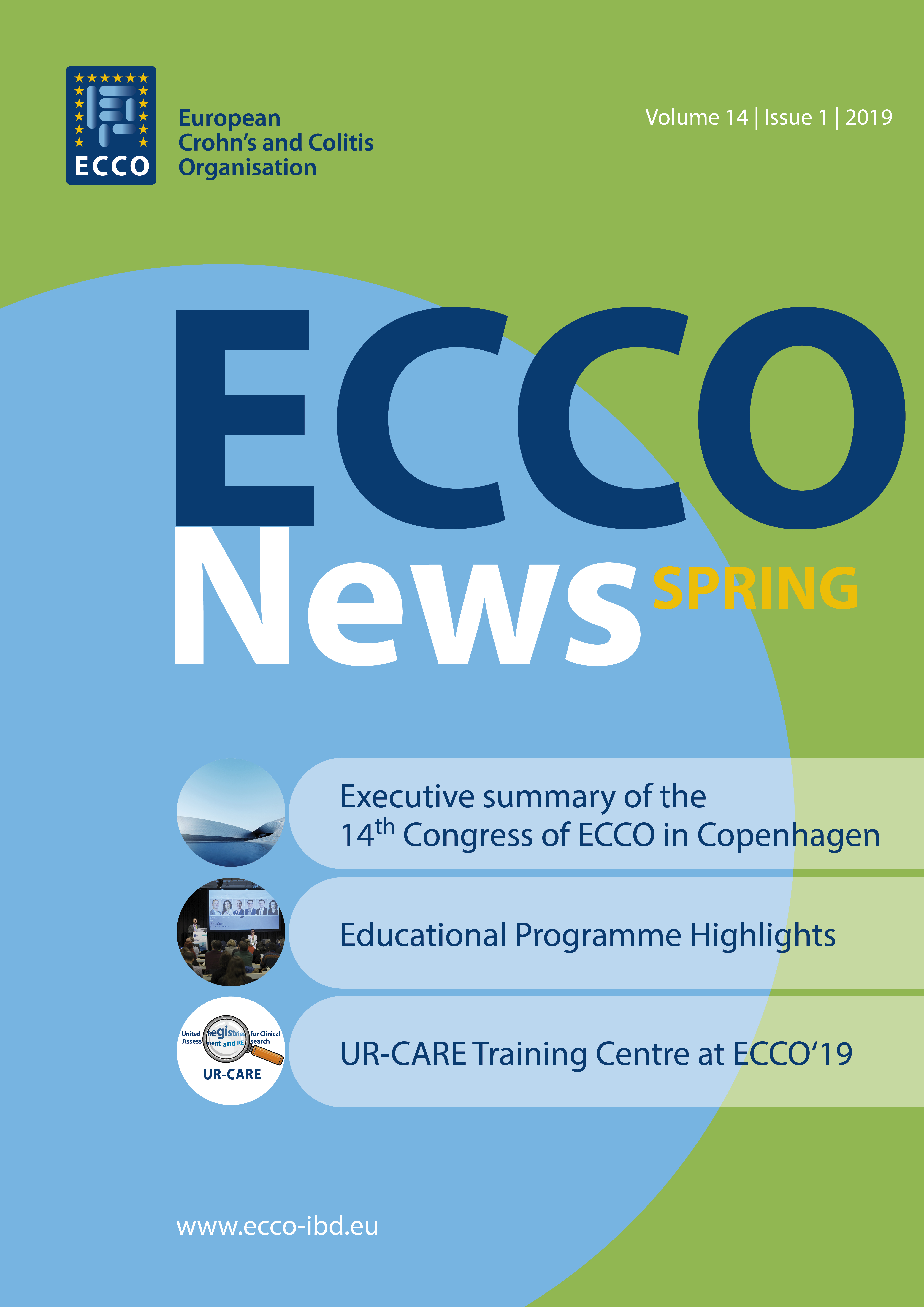
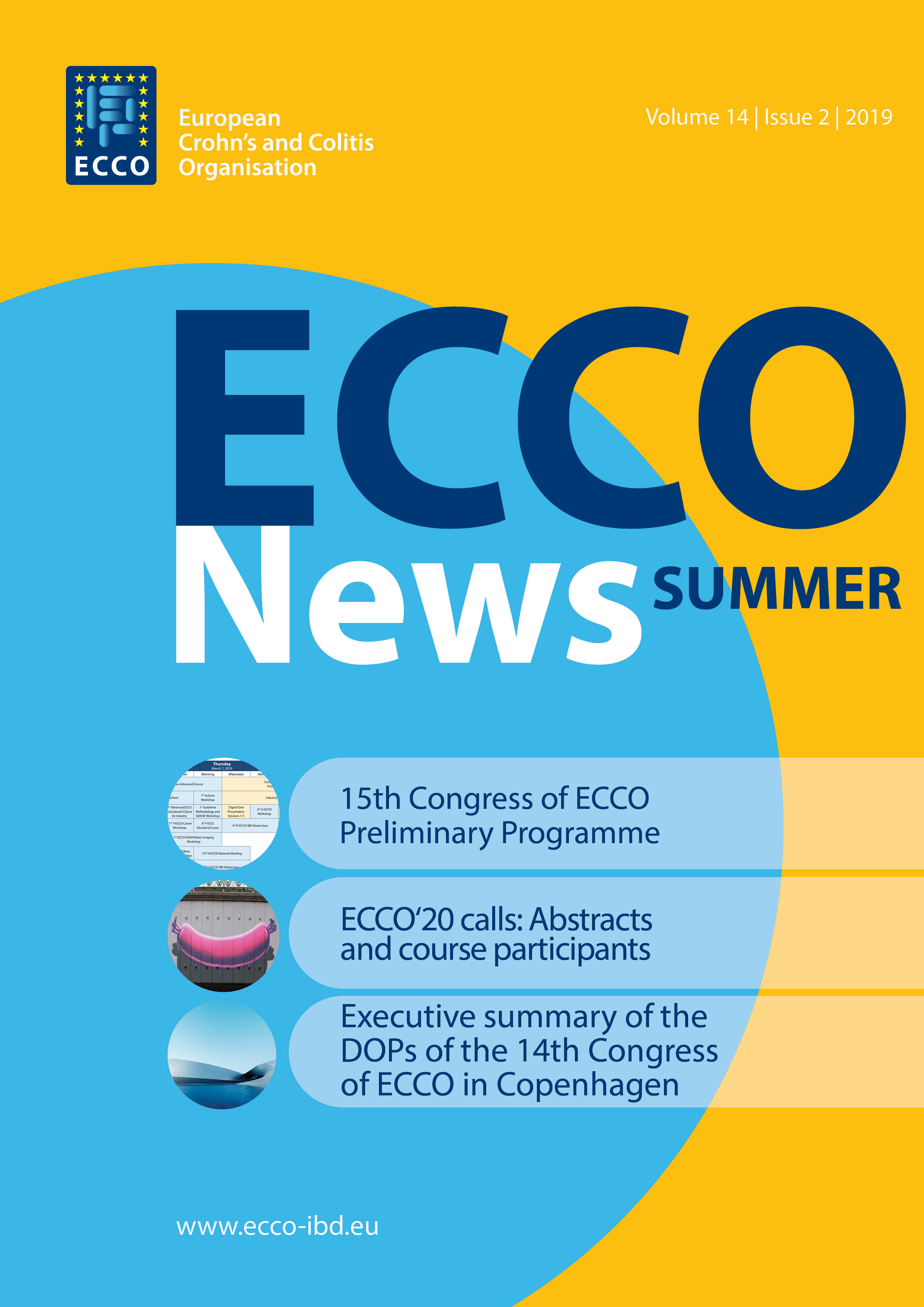
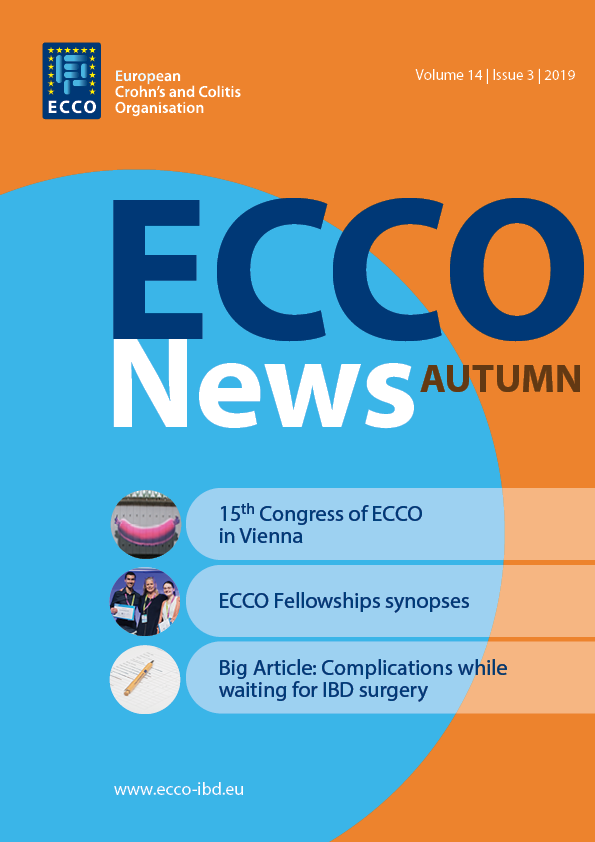
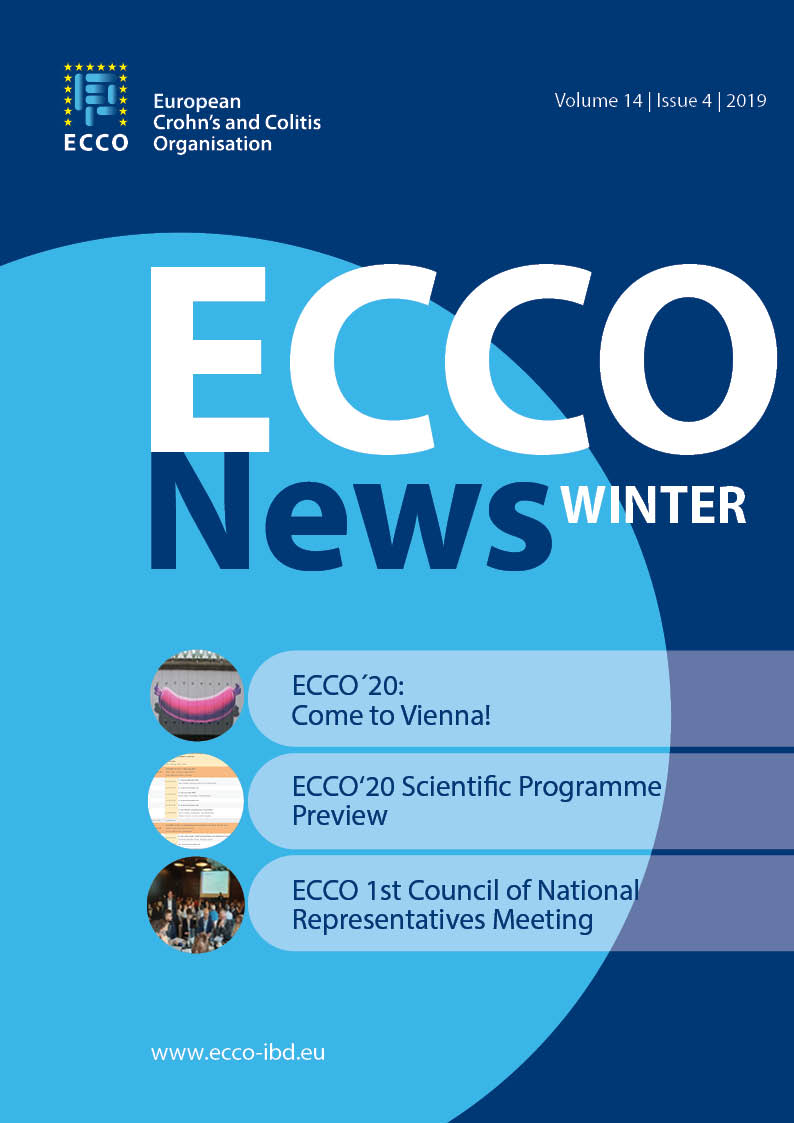
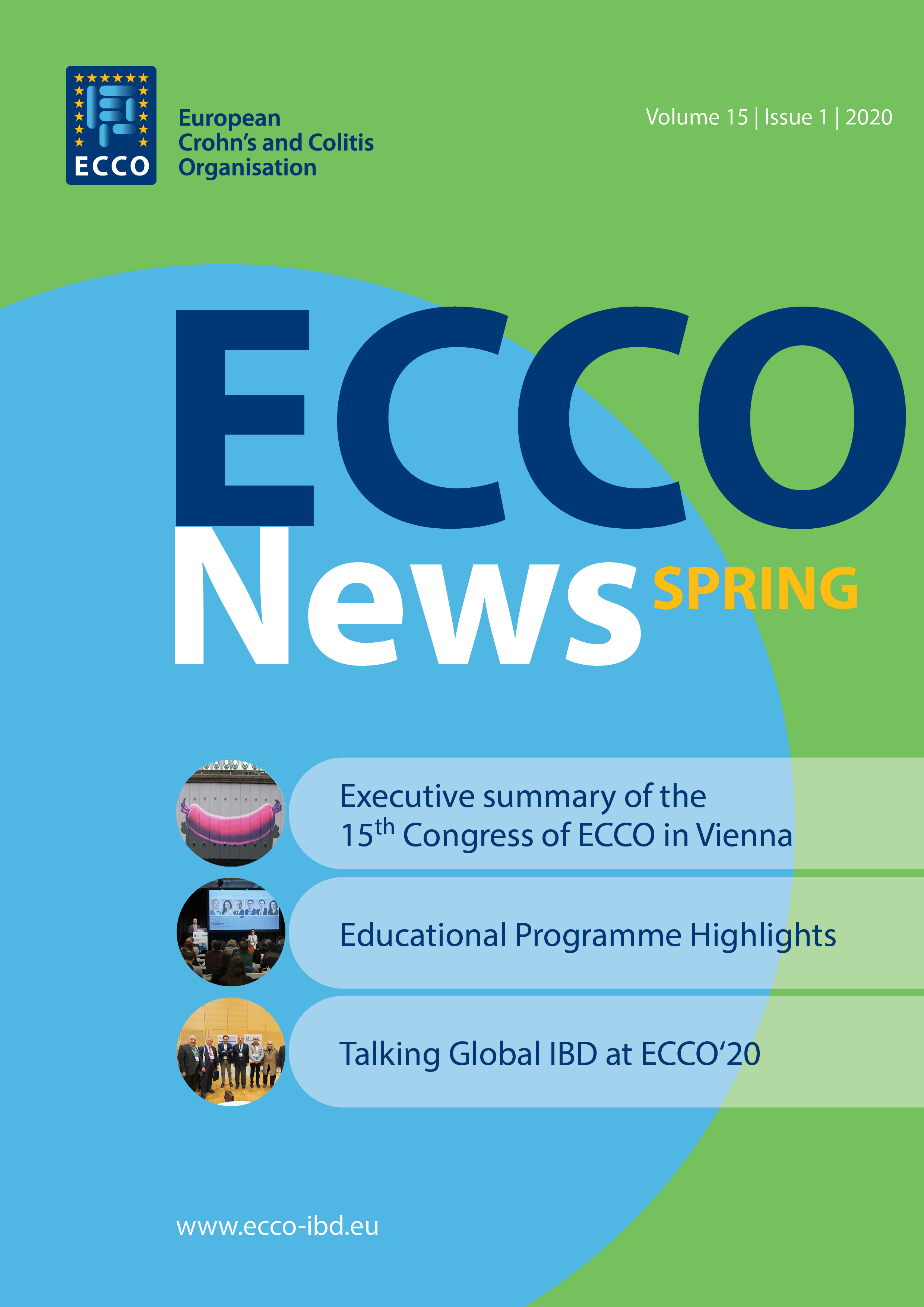
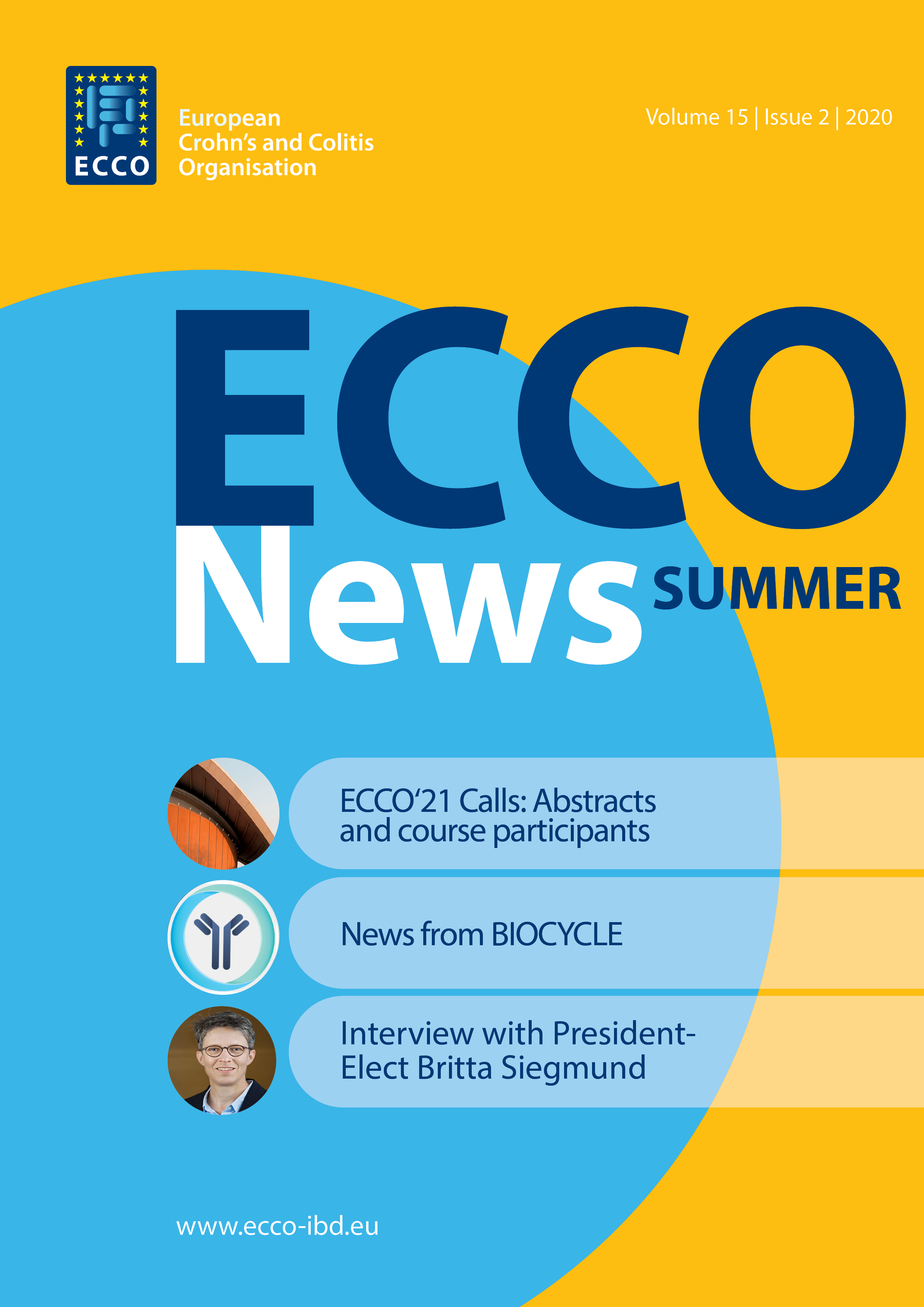
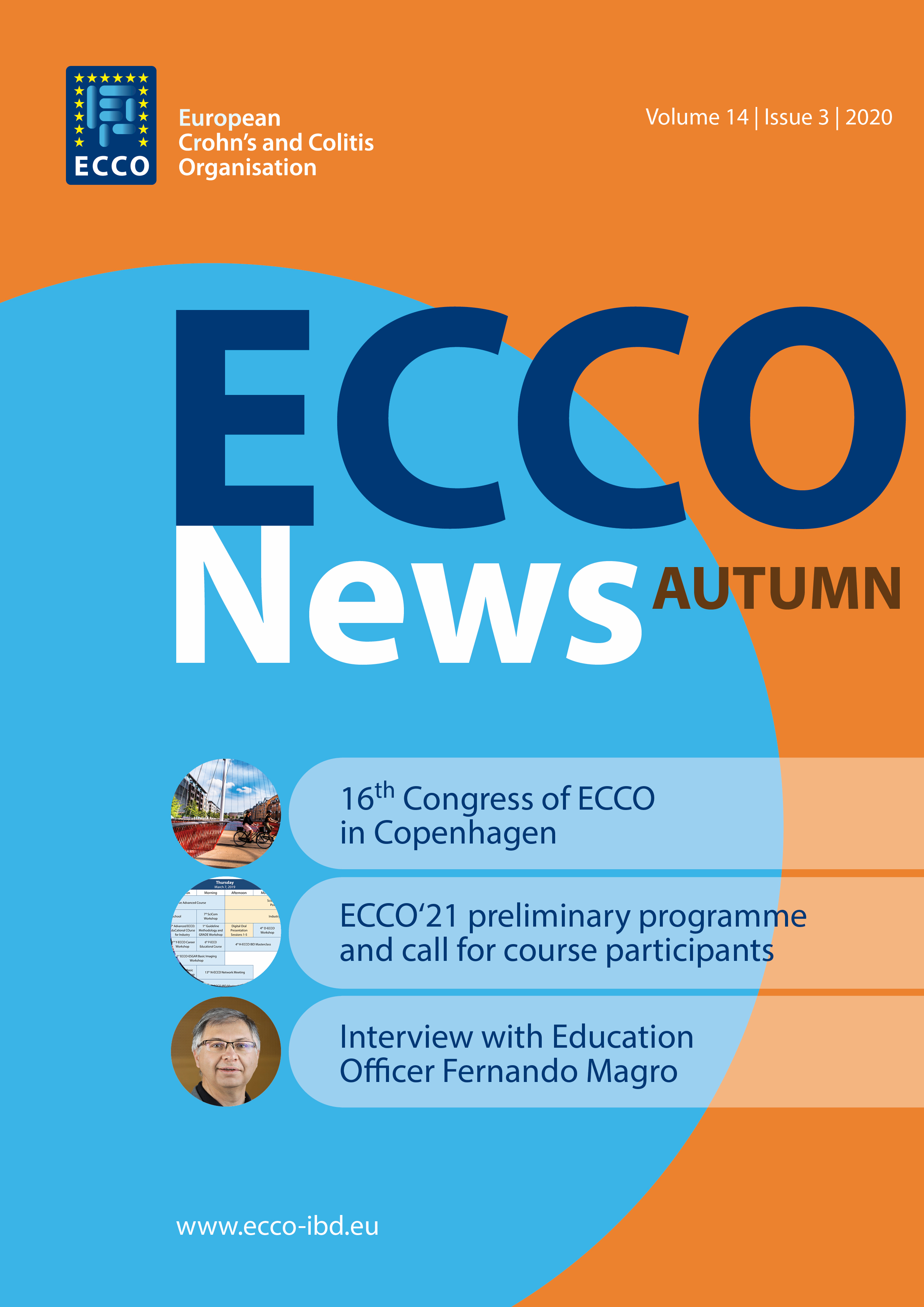
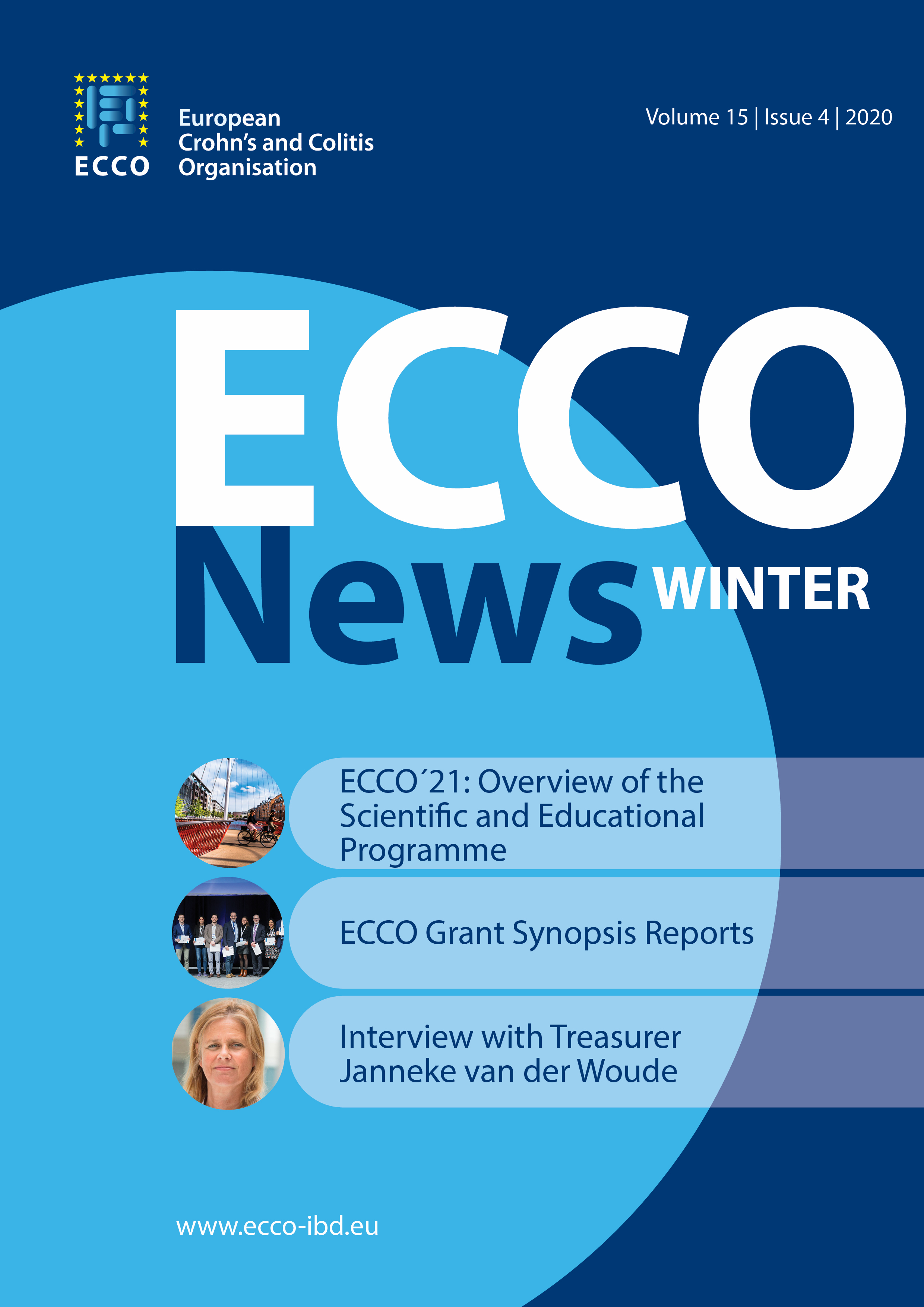



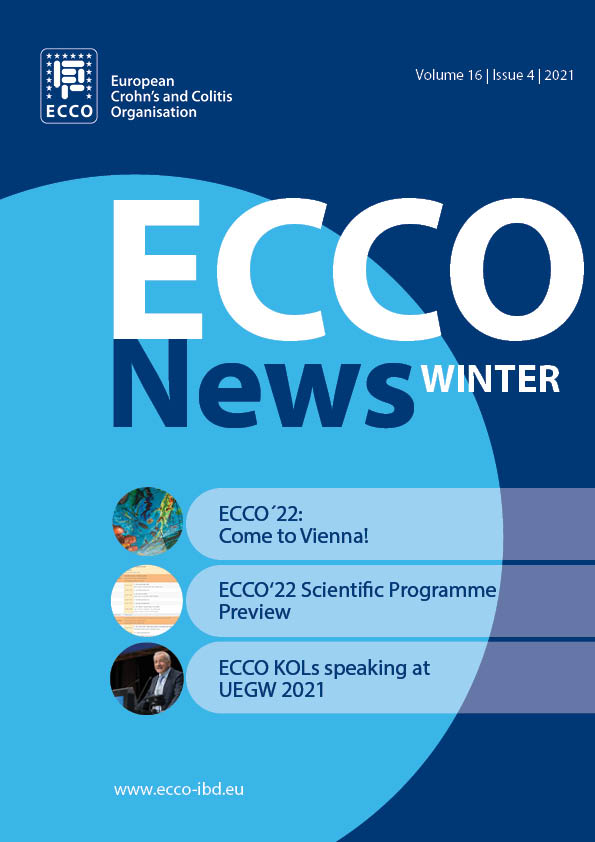
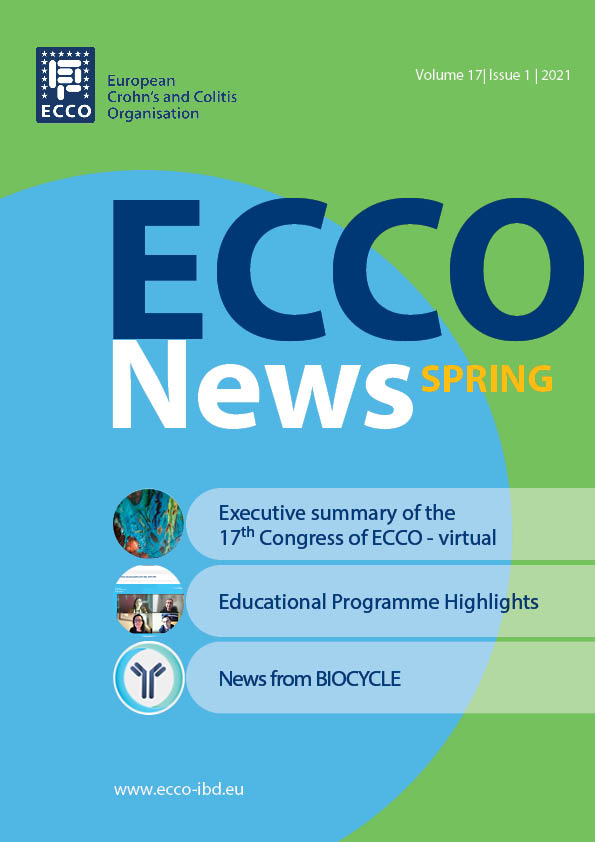
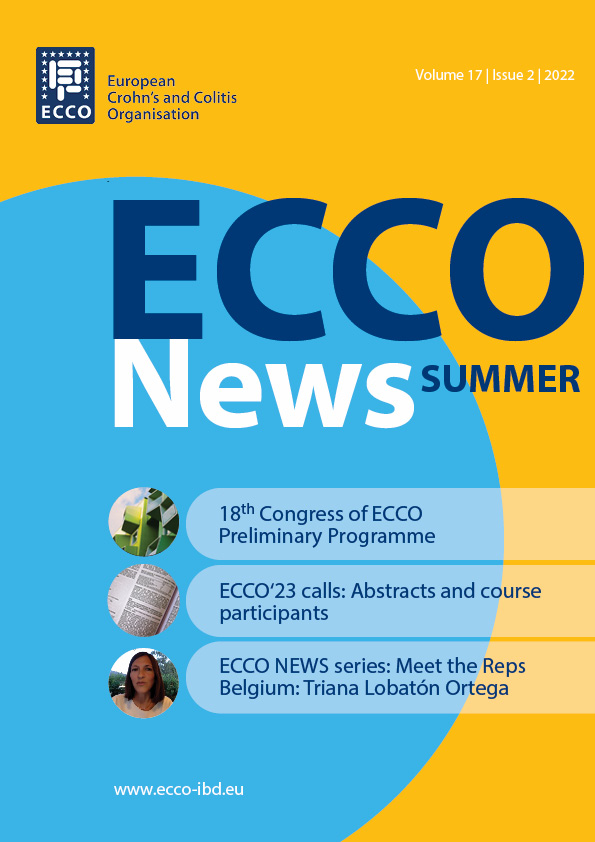
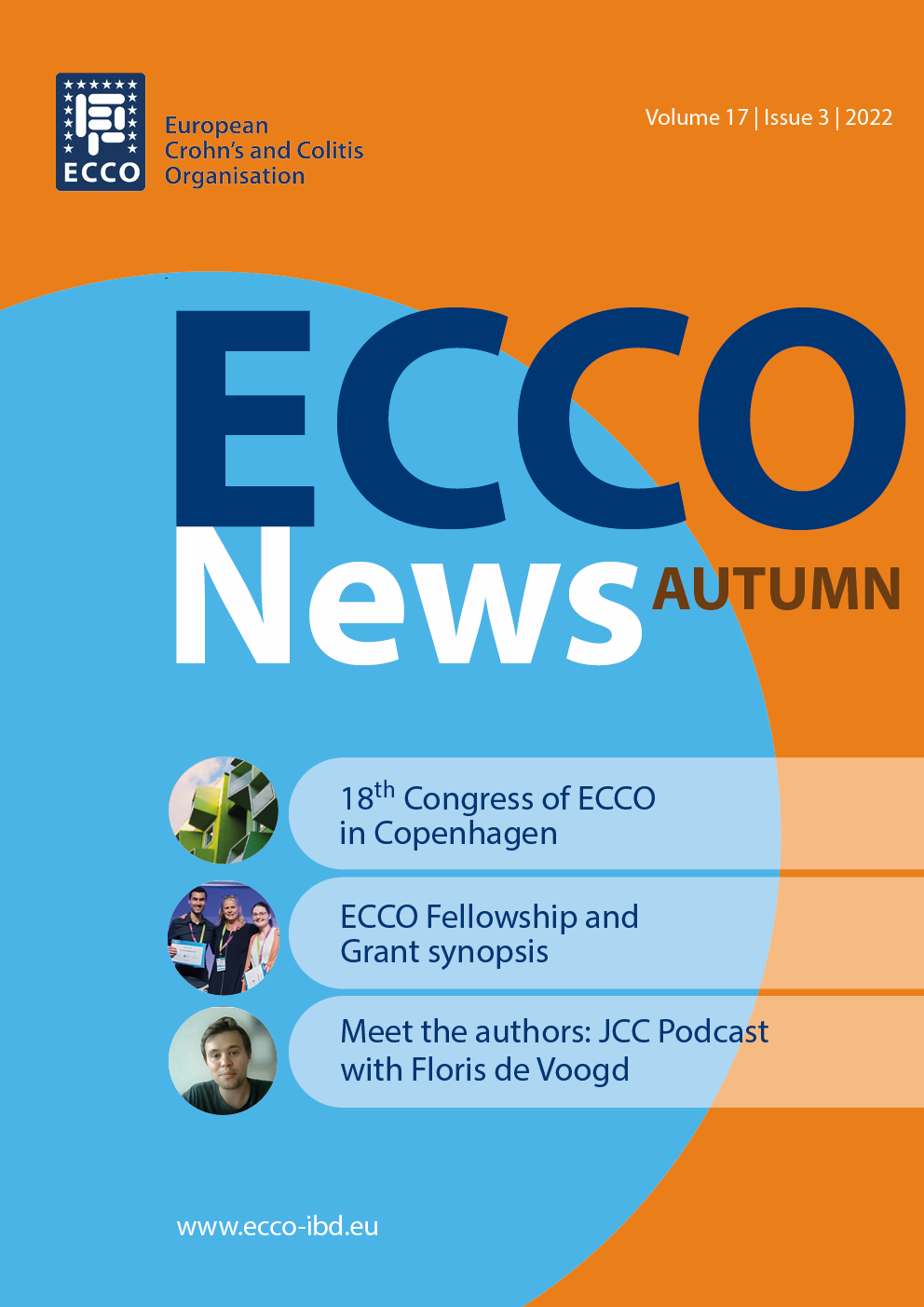
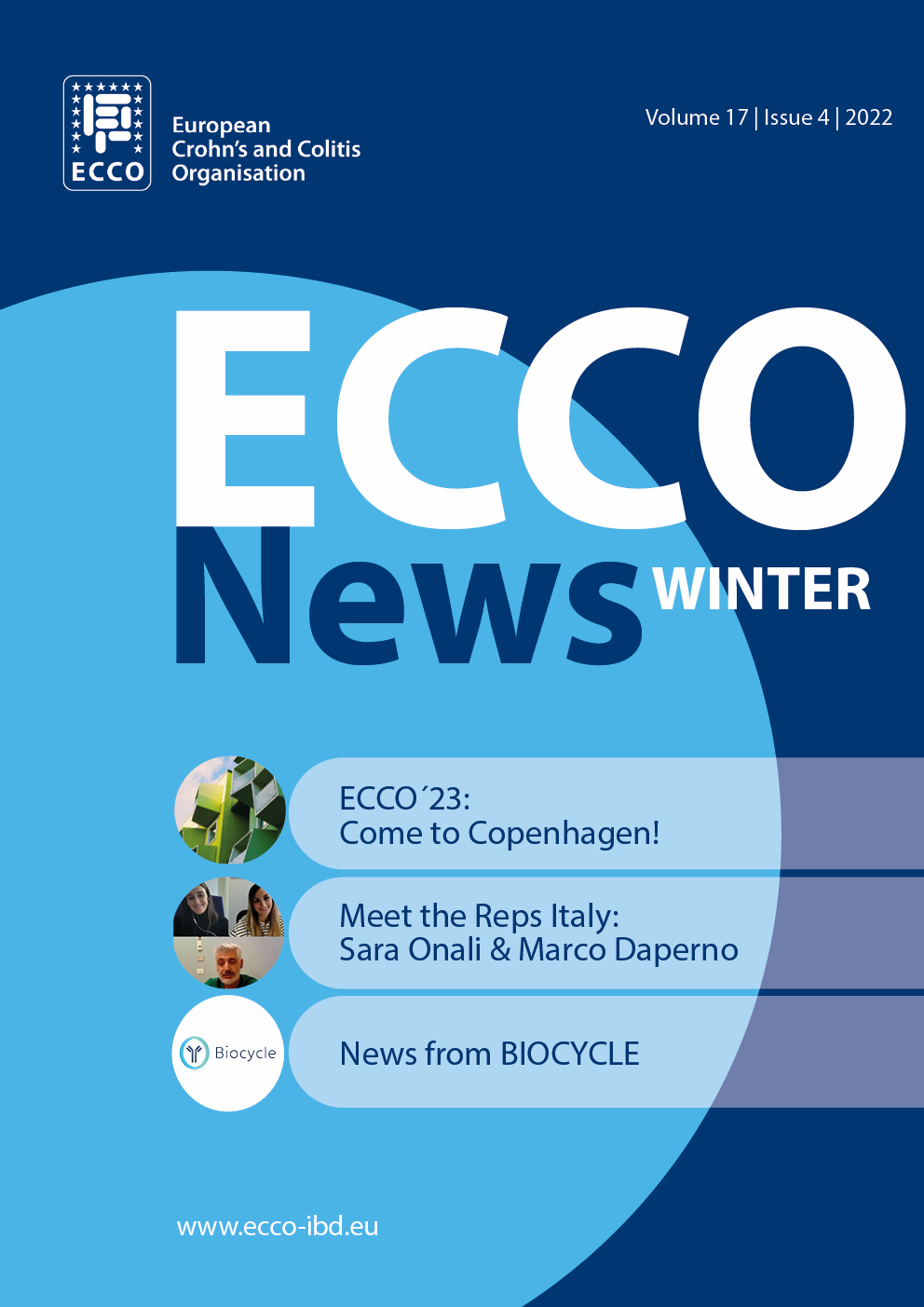
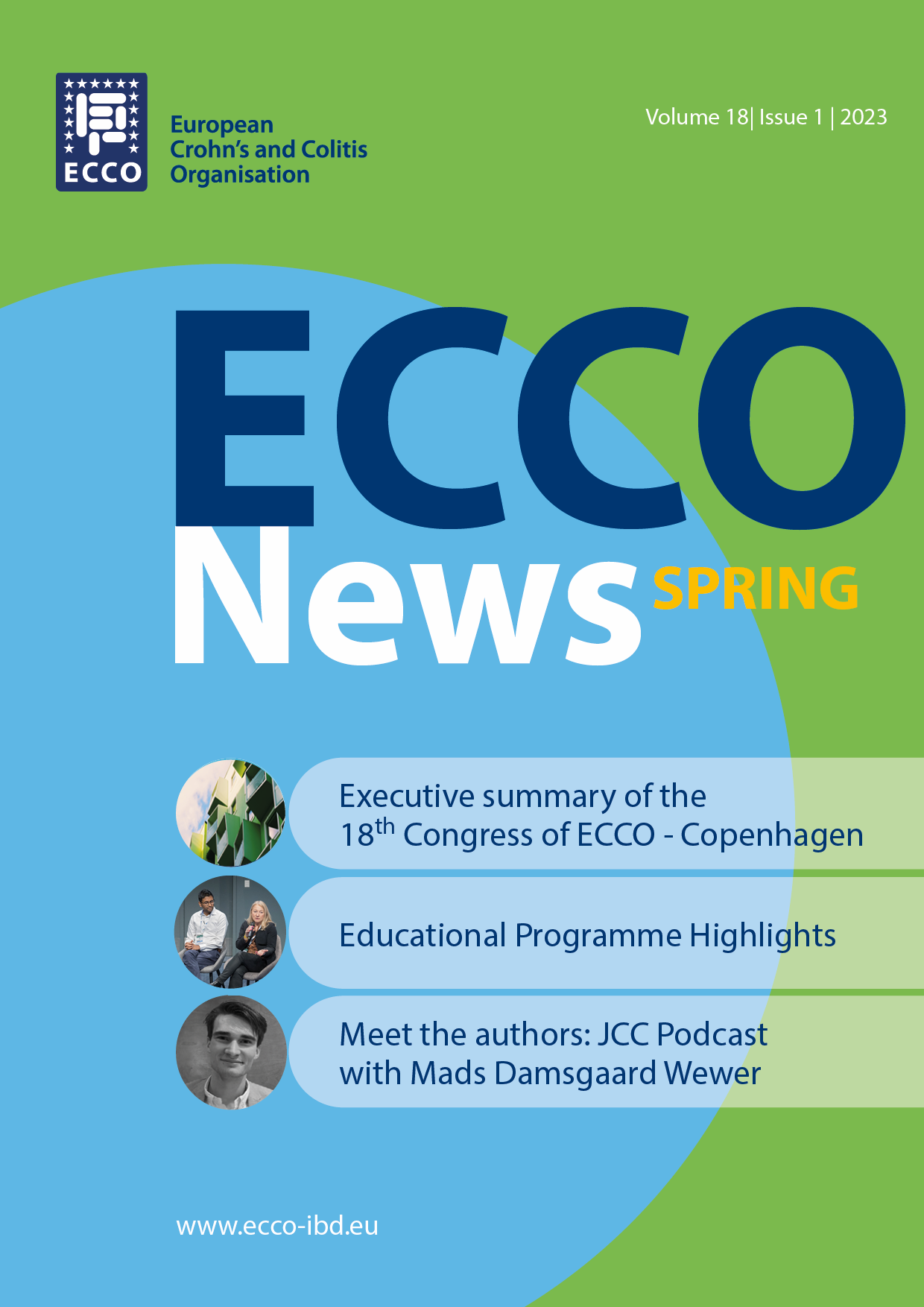
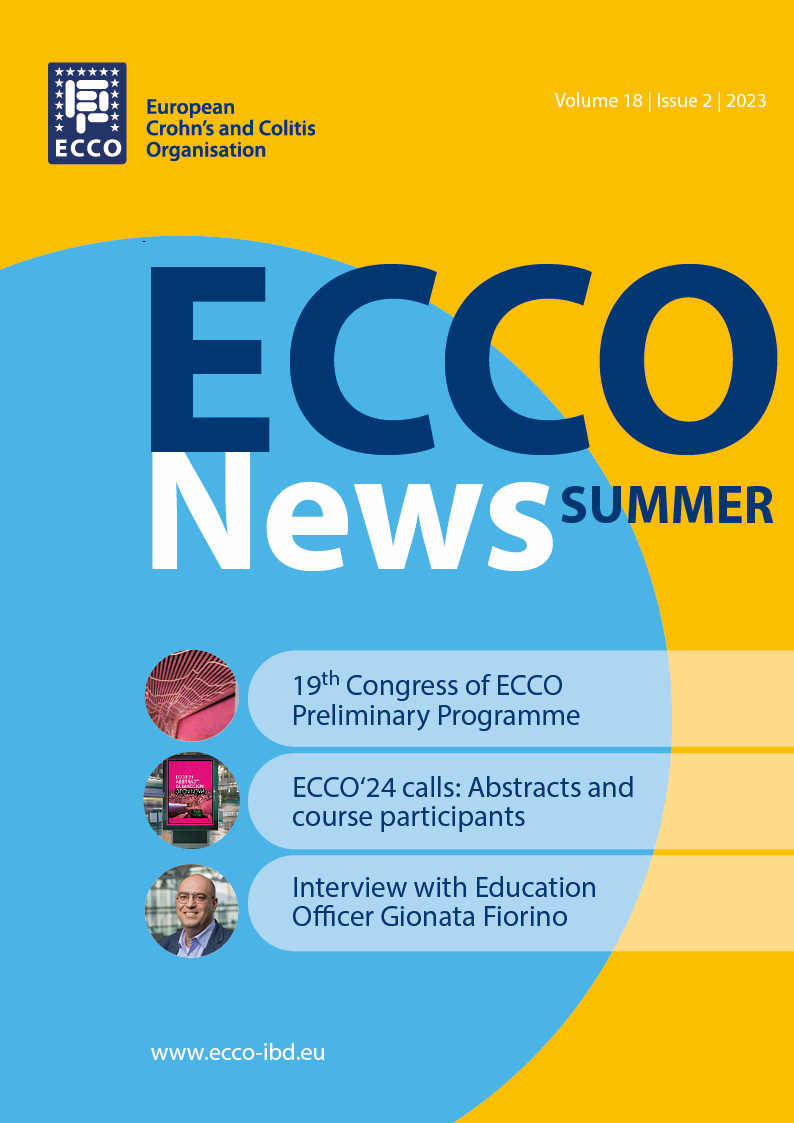
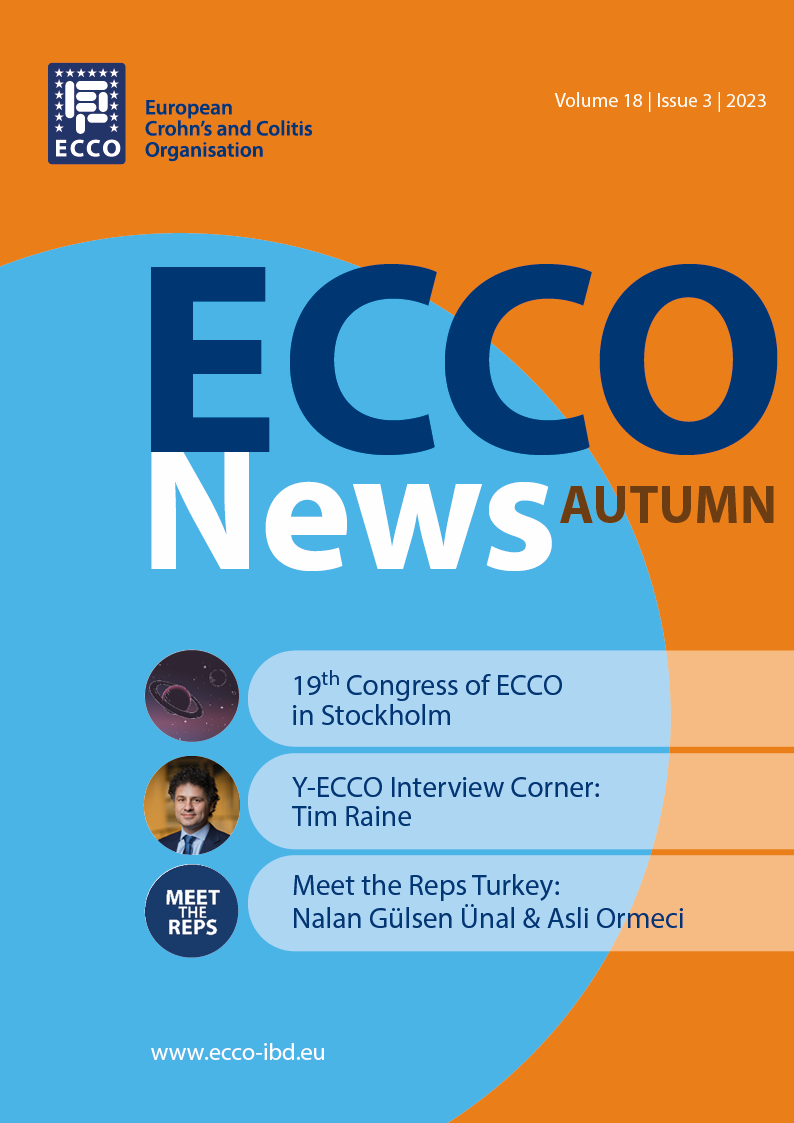
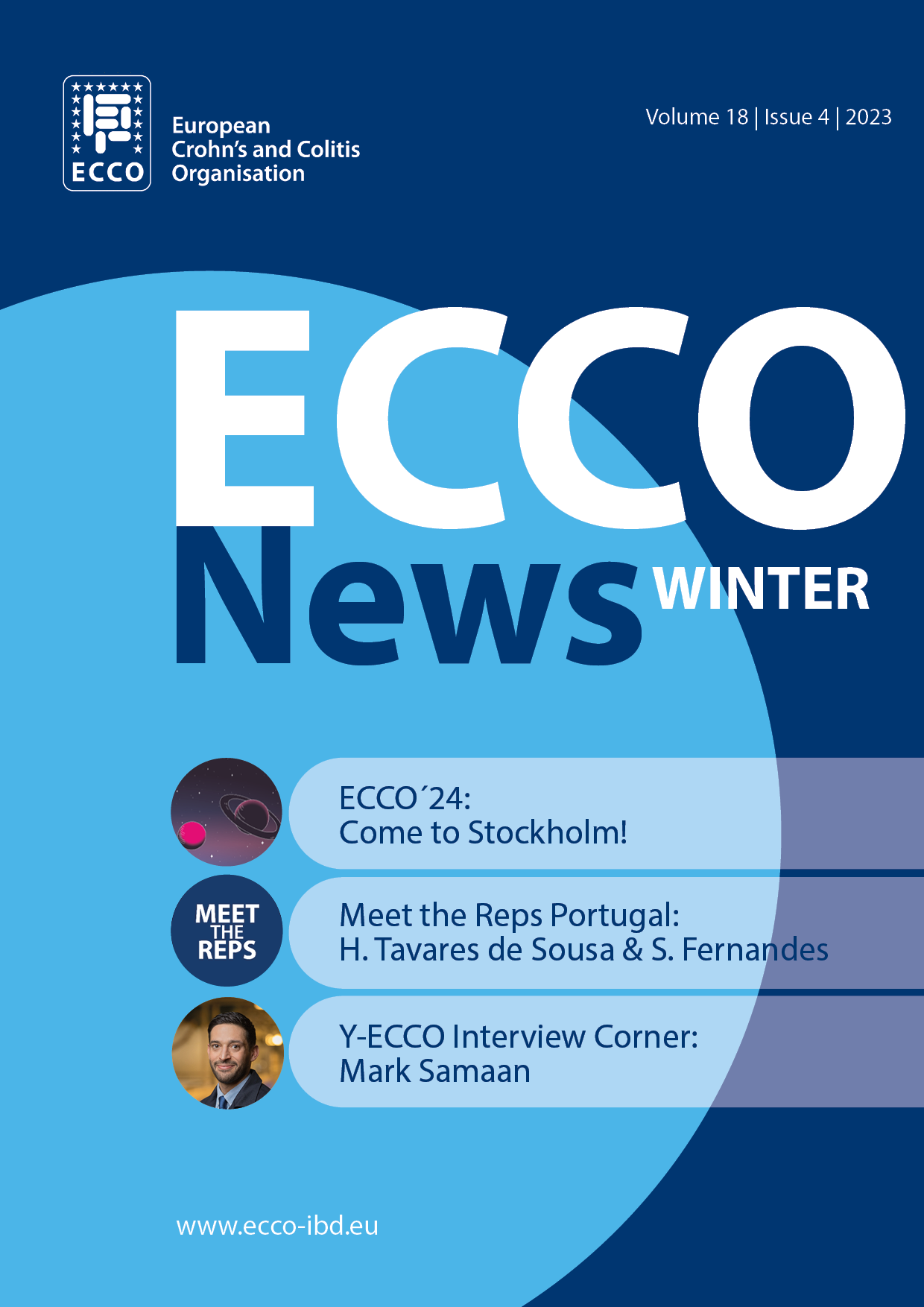
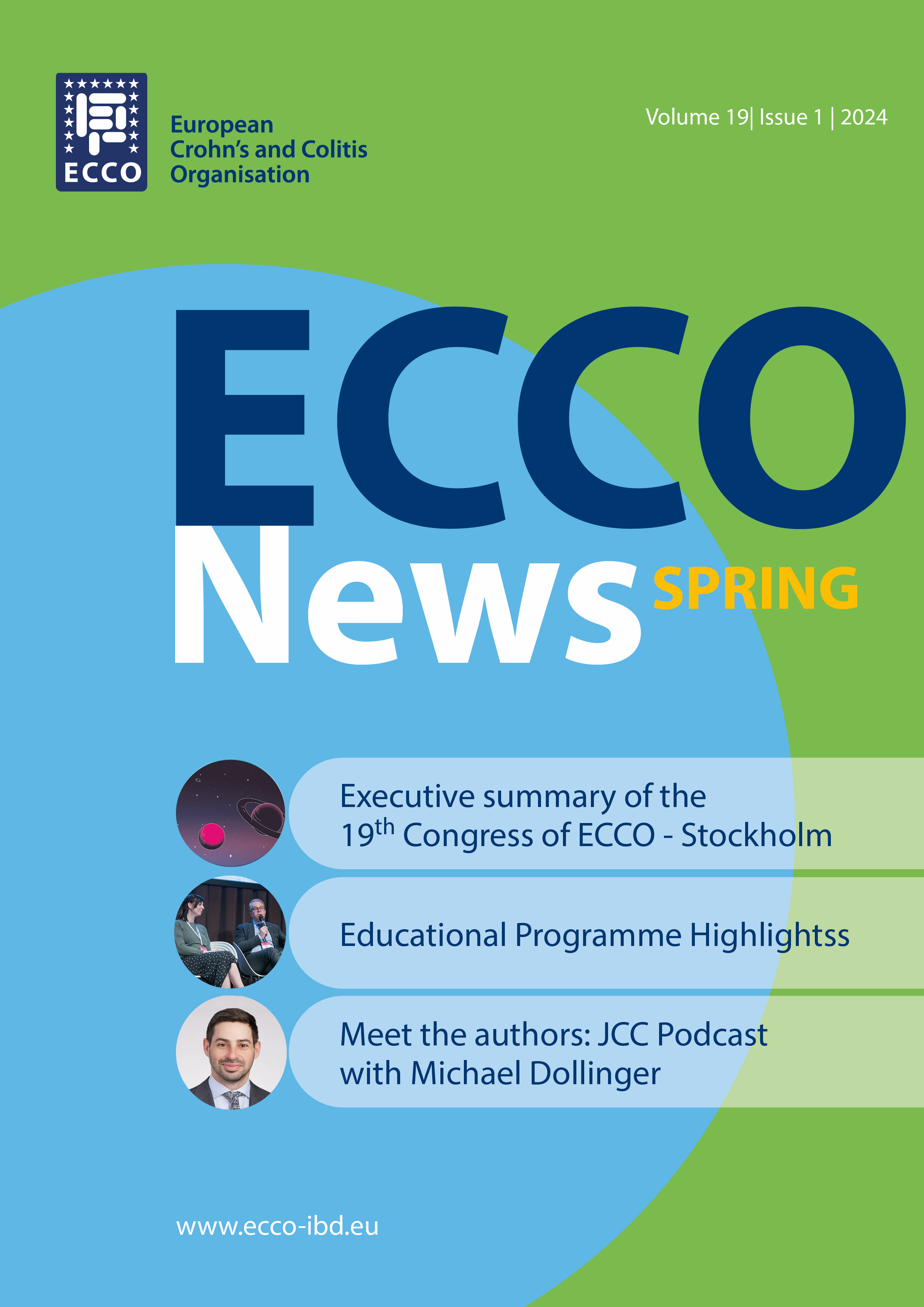
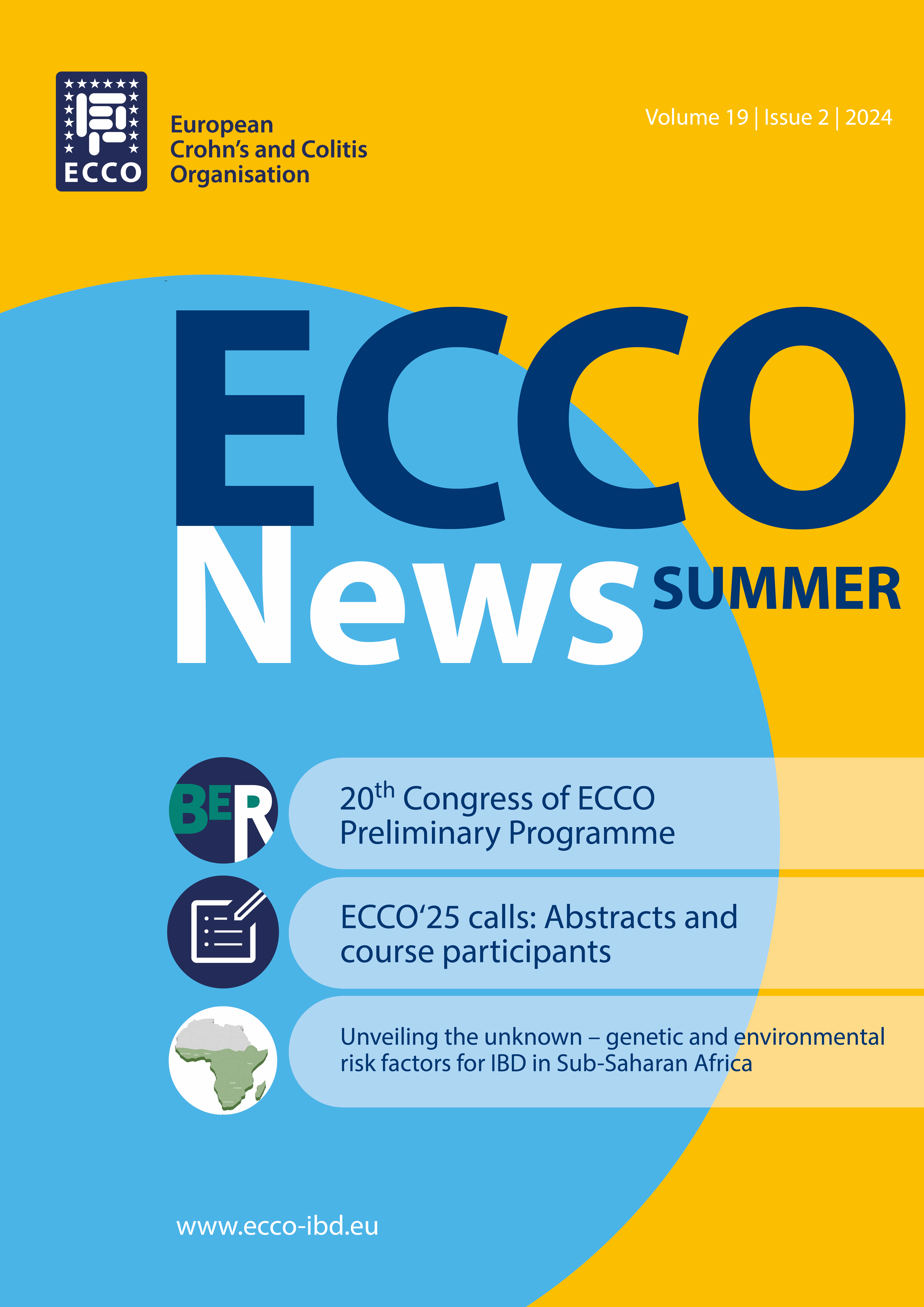








 Yves Panis
Yves Panis Pauline Rivière
Pauline Rivière

 Brigida Barberio
Brigida Barberio Alessandro Armuzzi
Alessandro Armuzzi Robin Dart
Robin Dart

